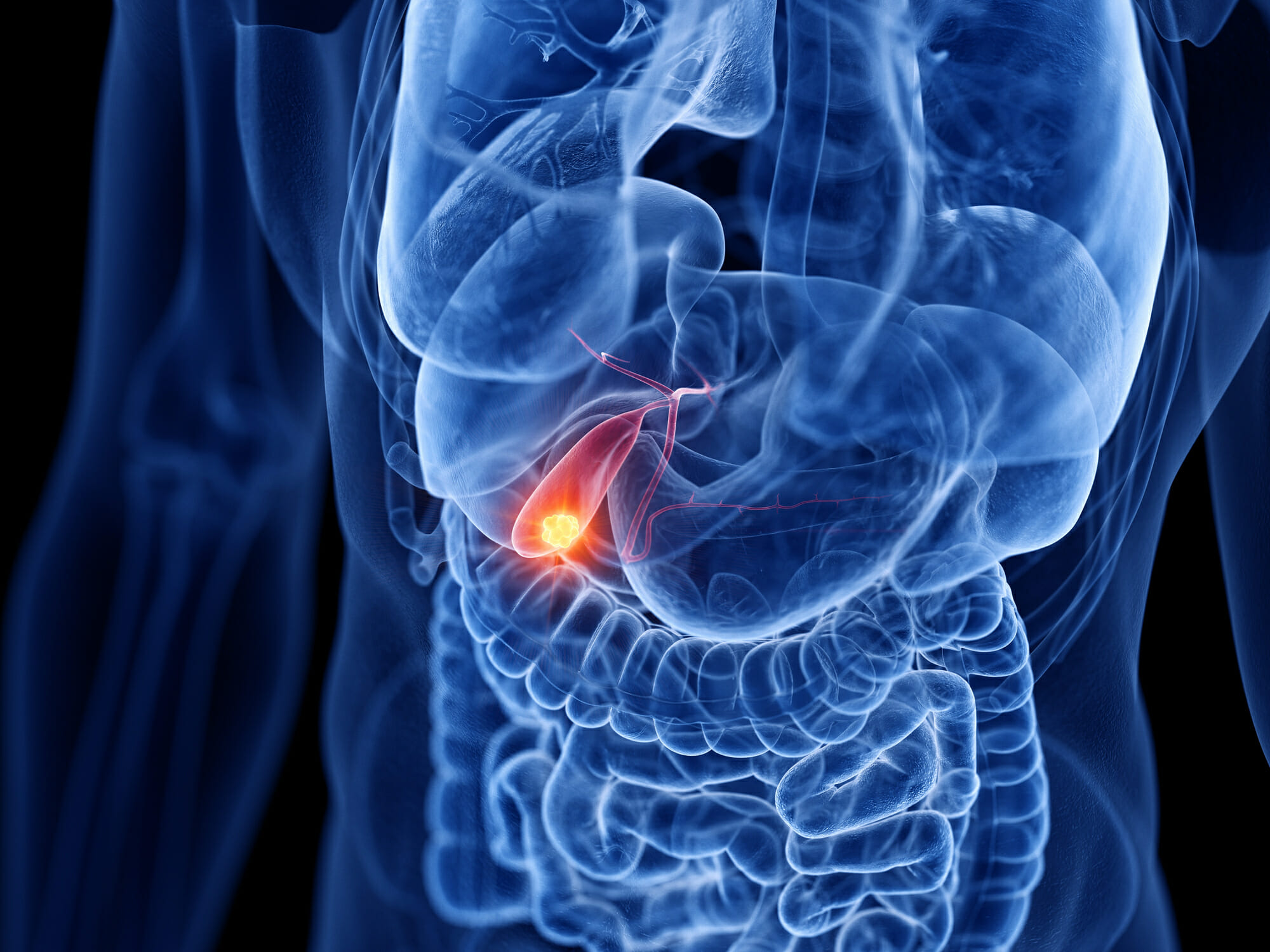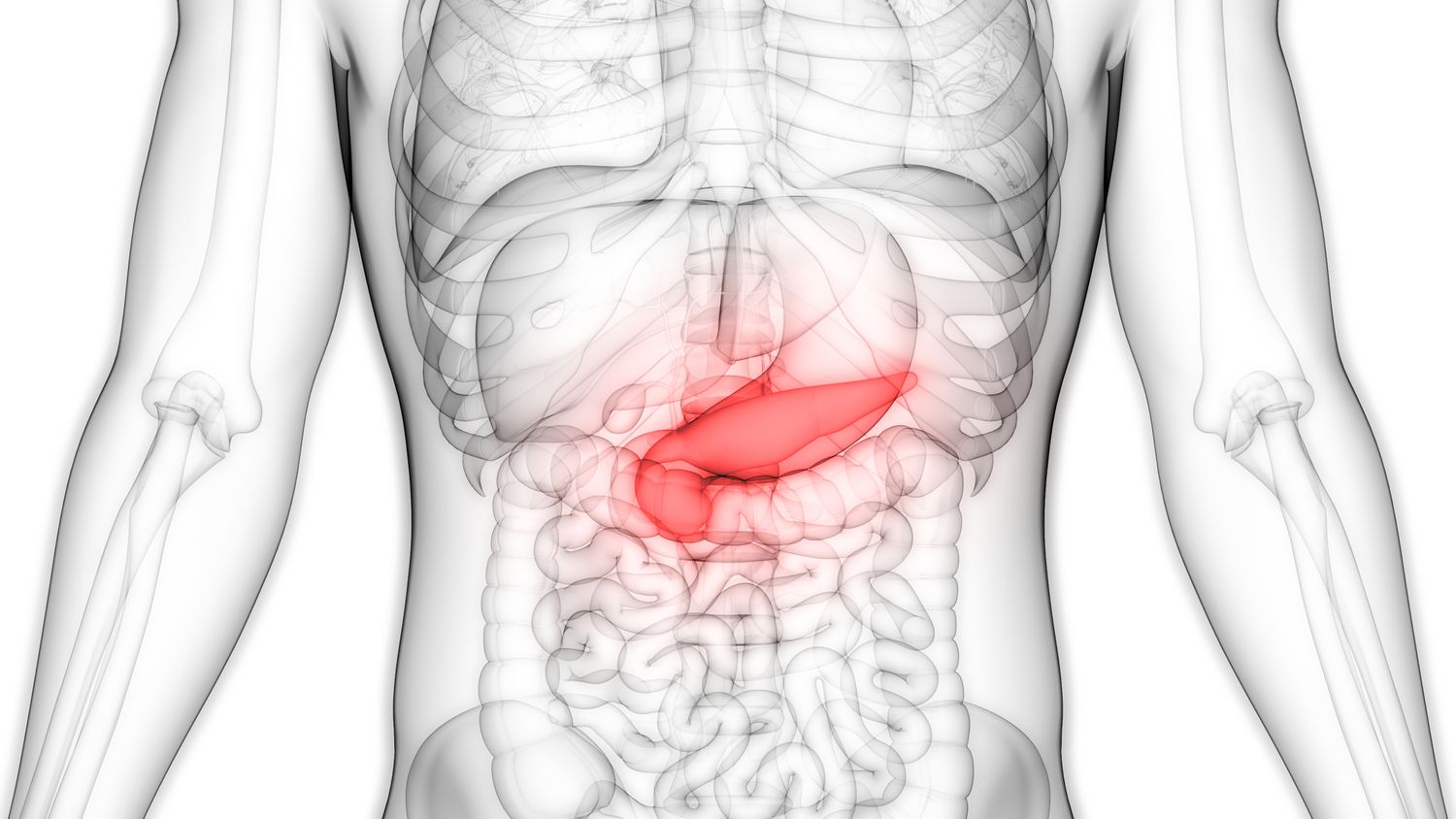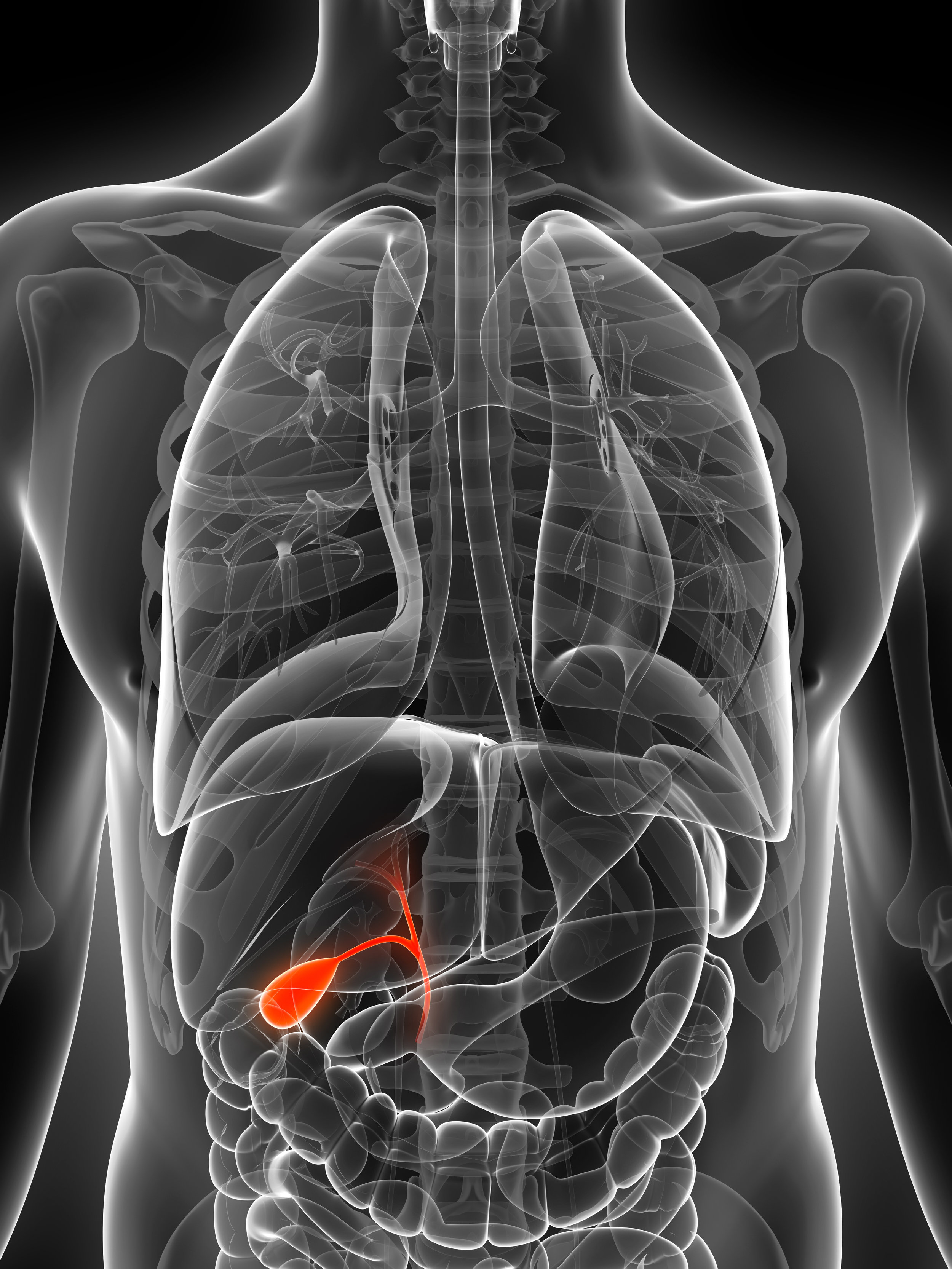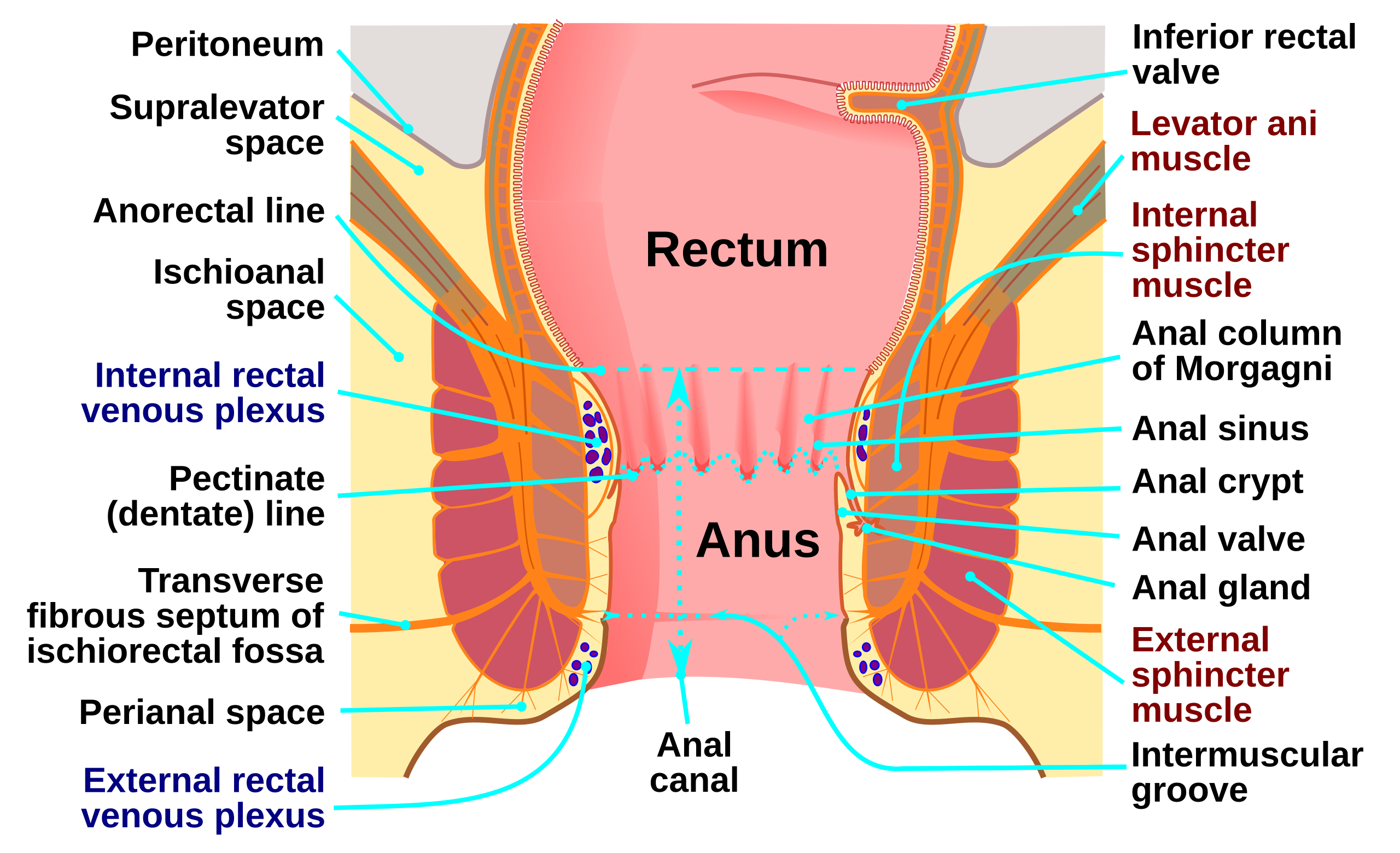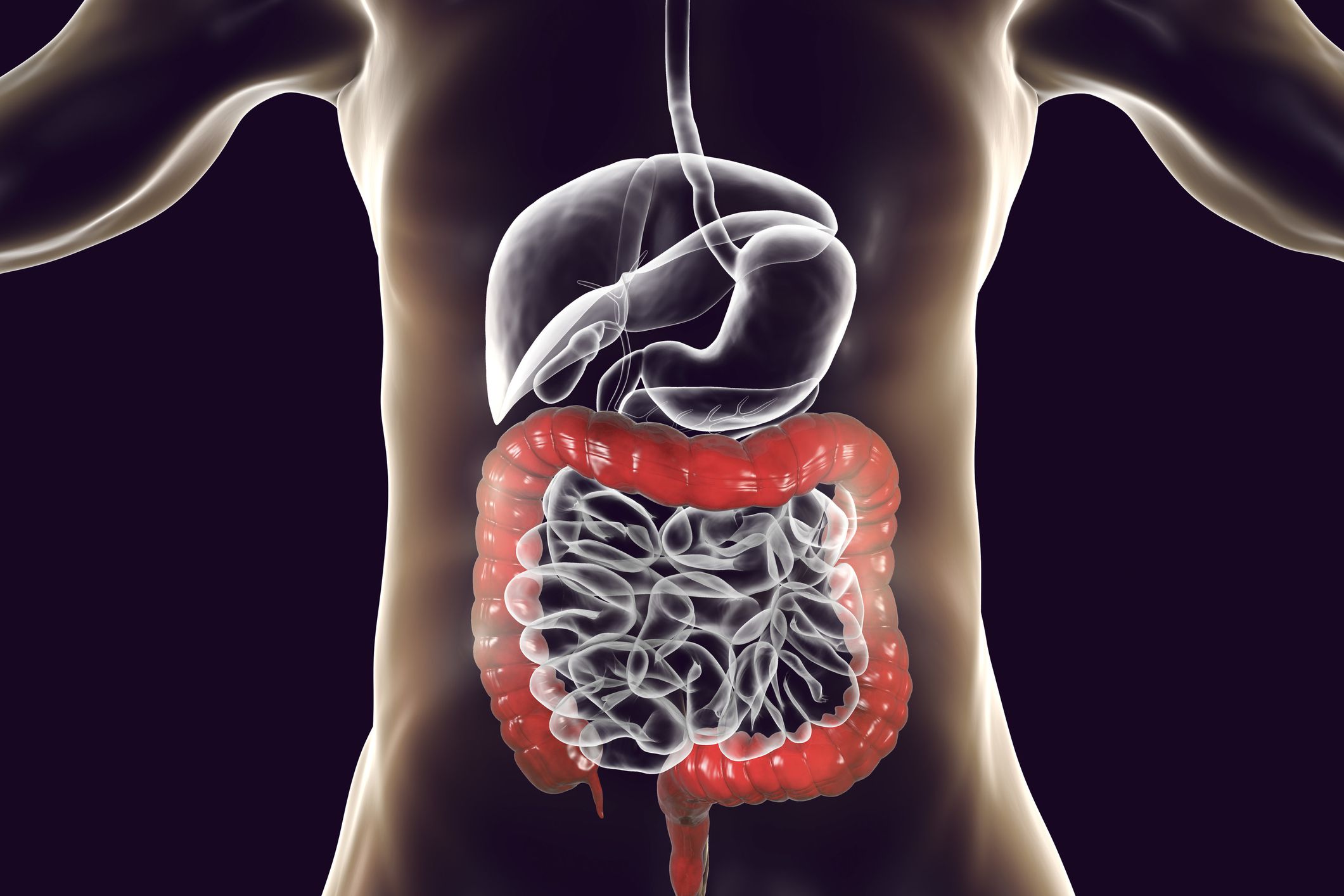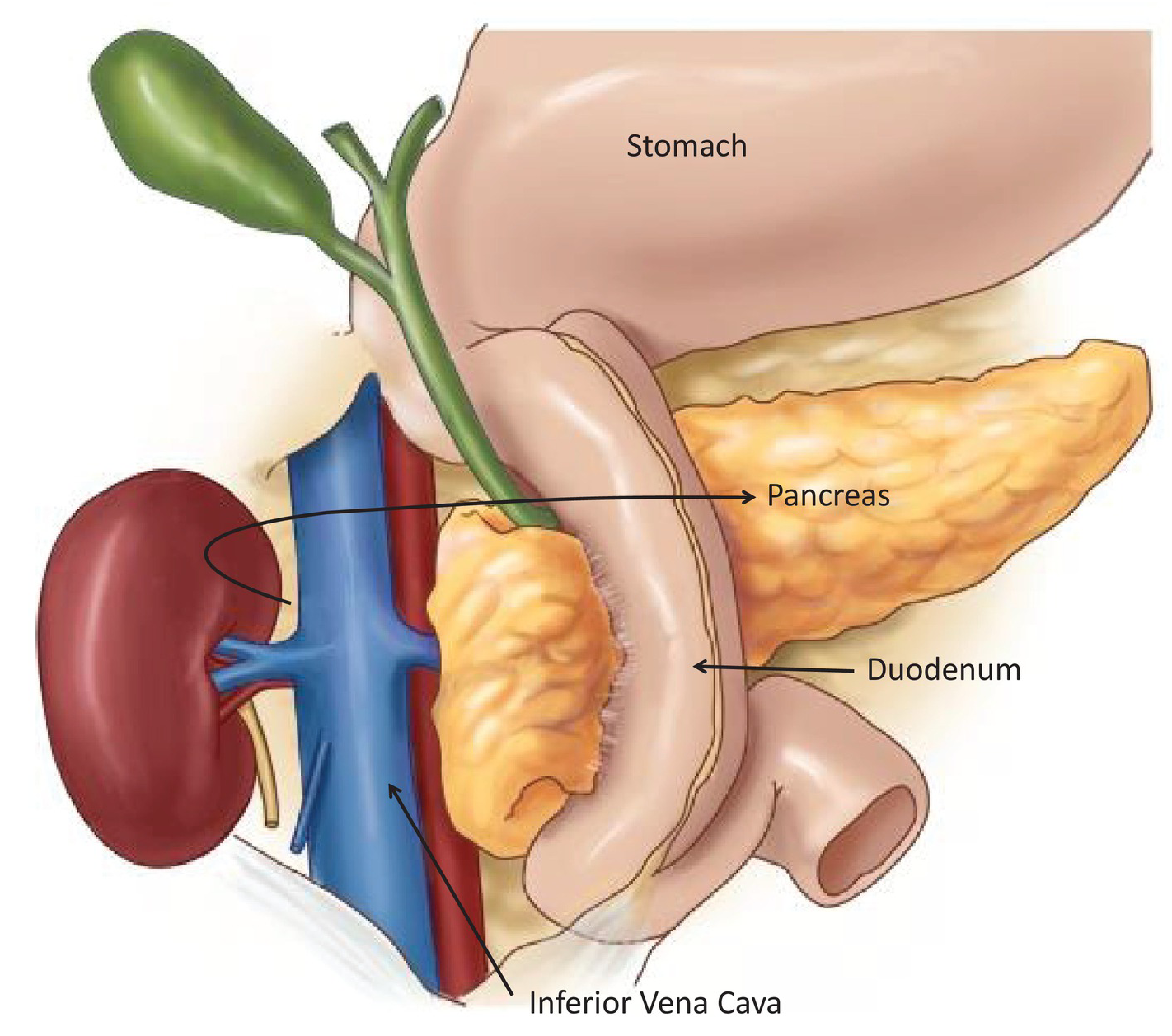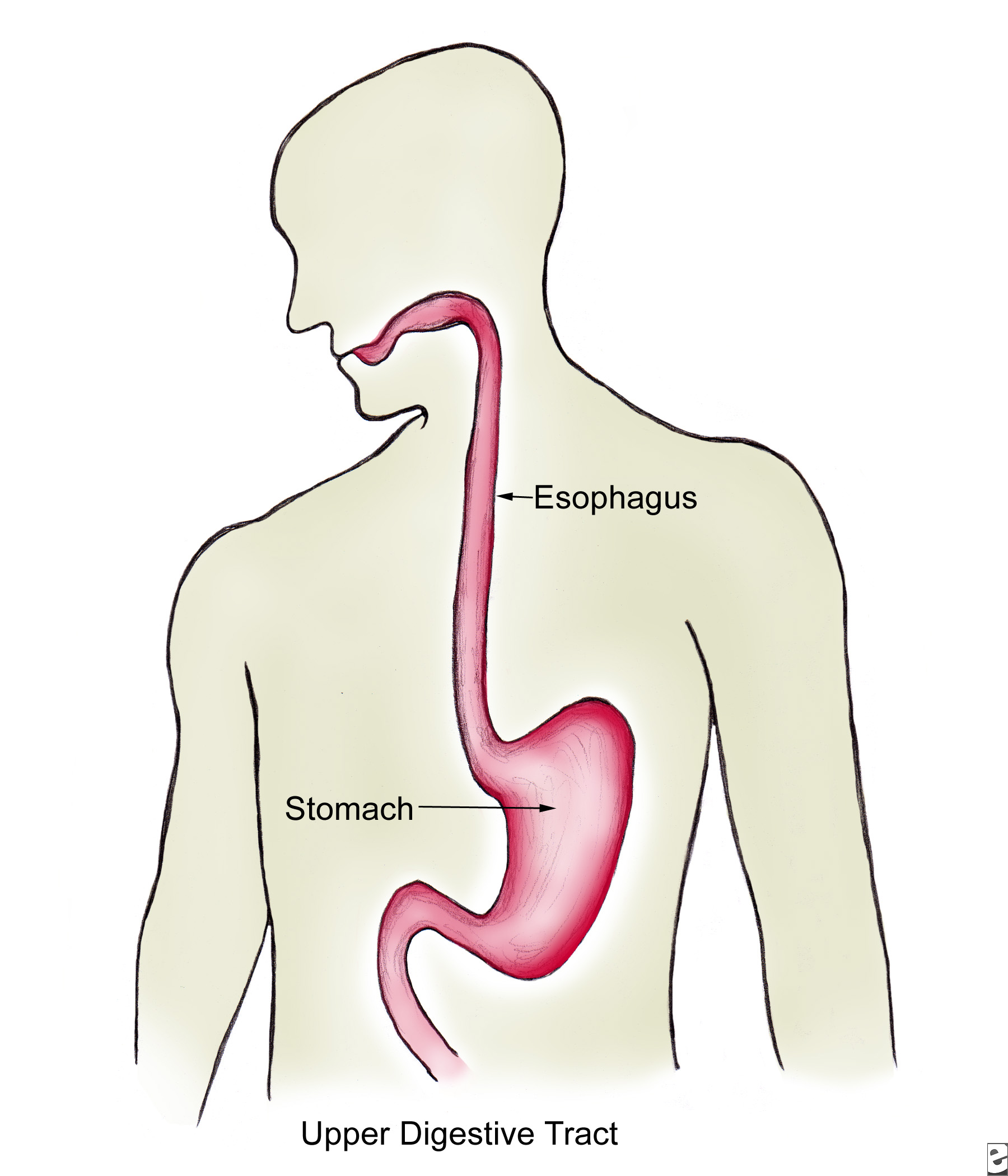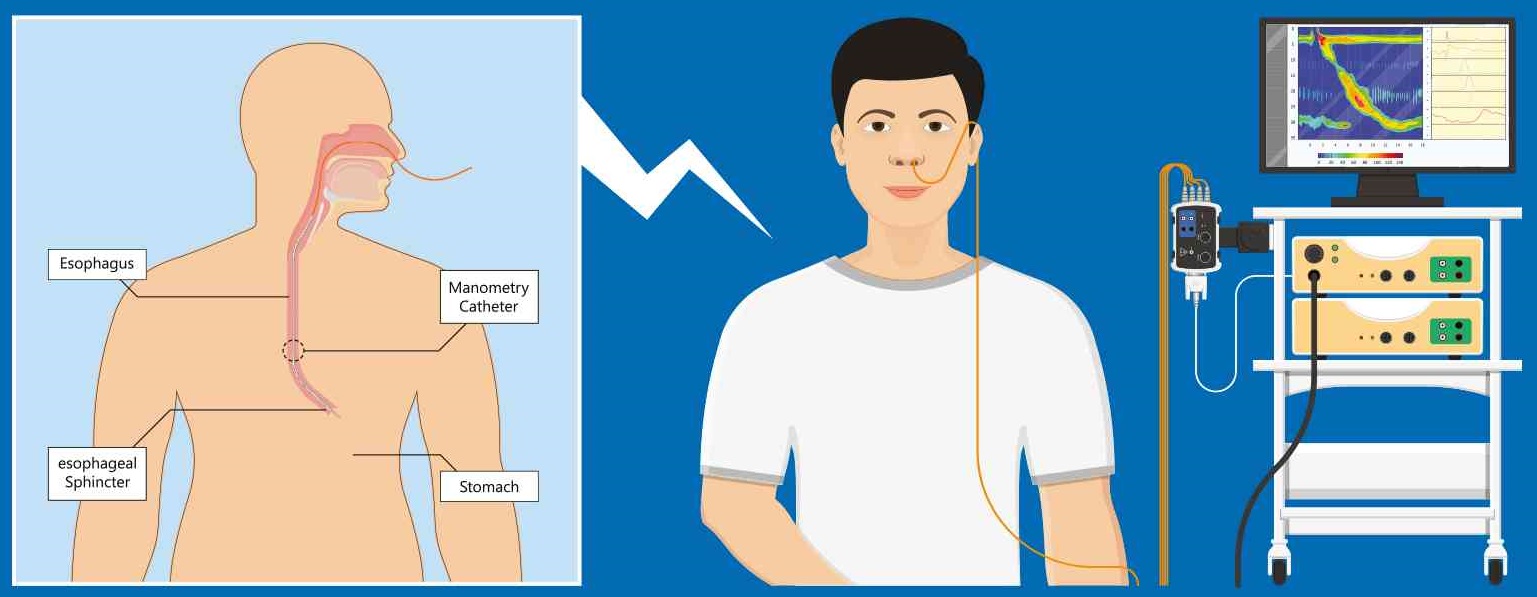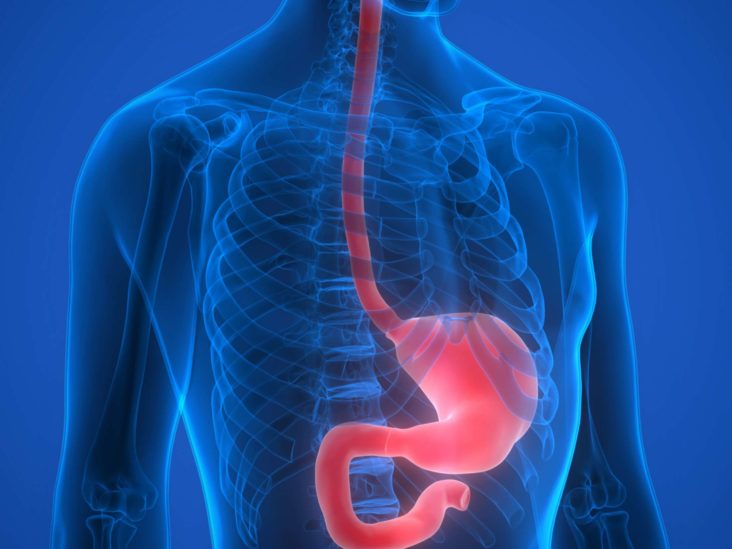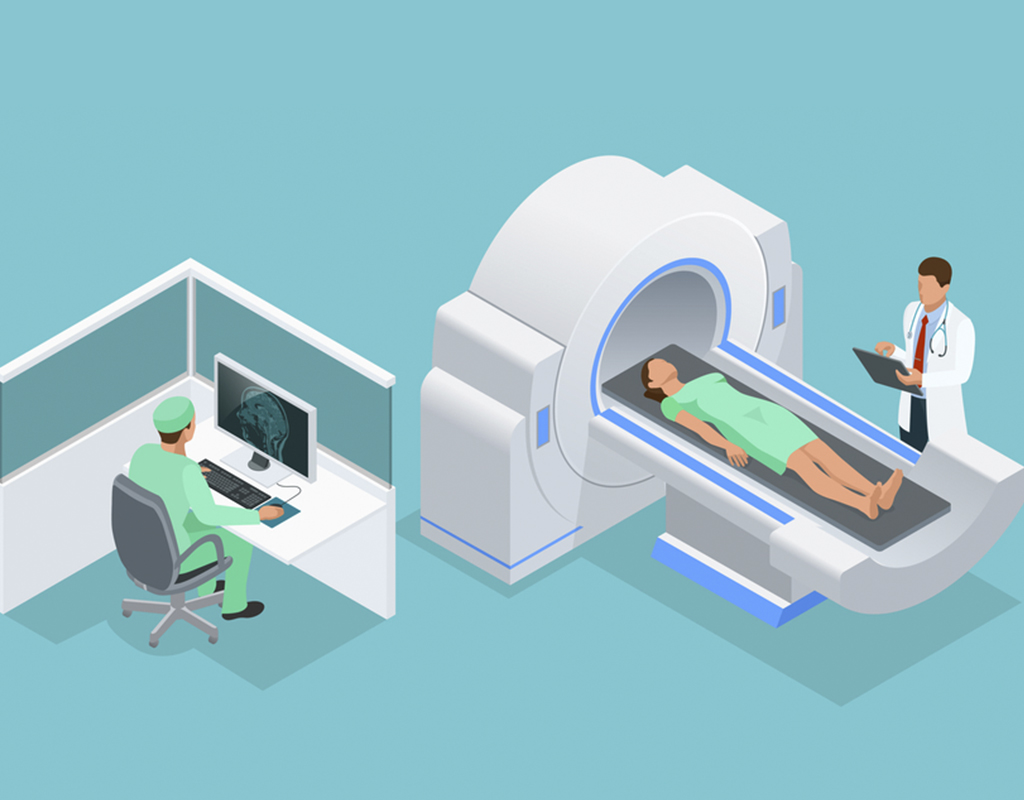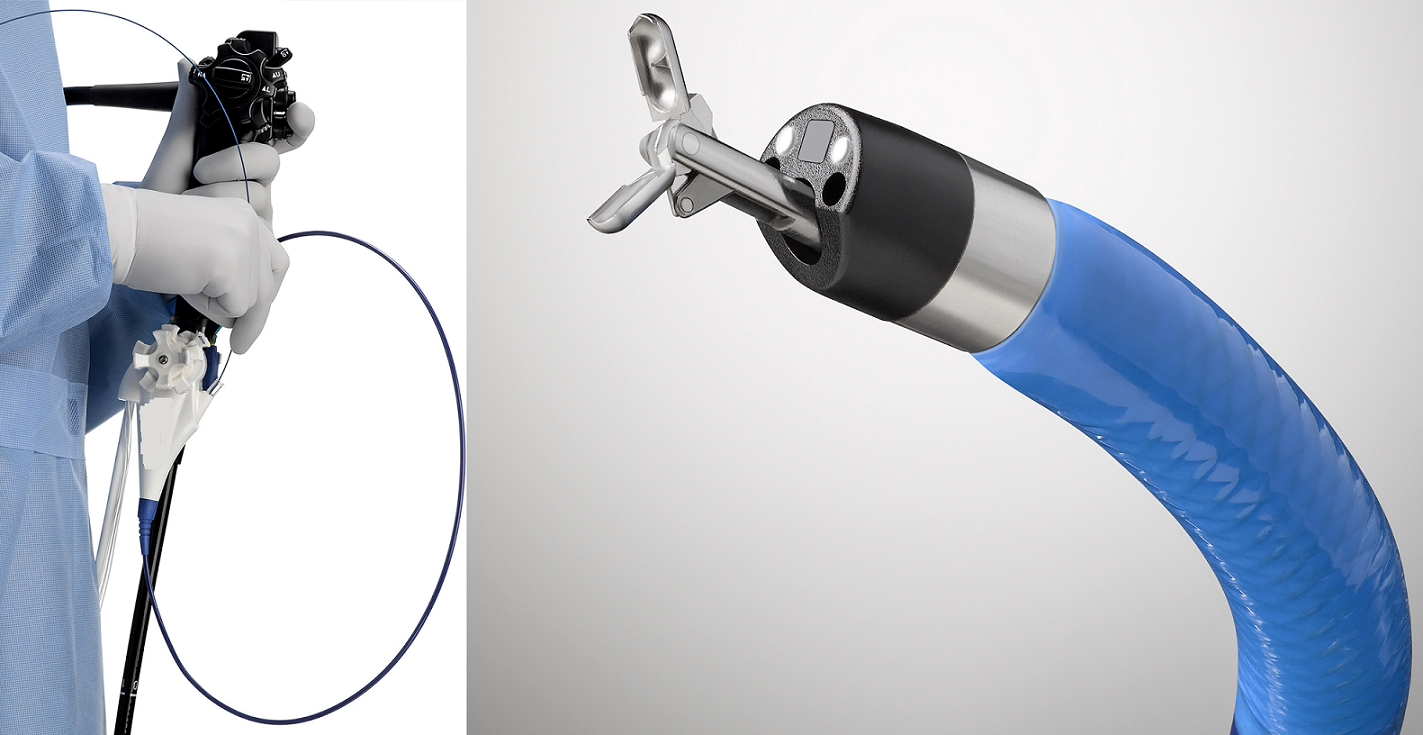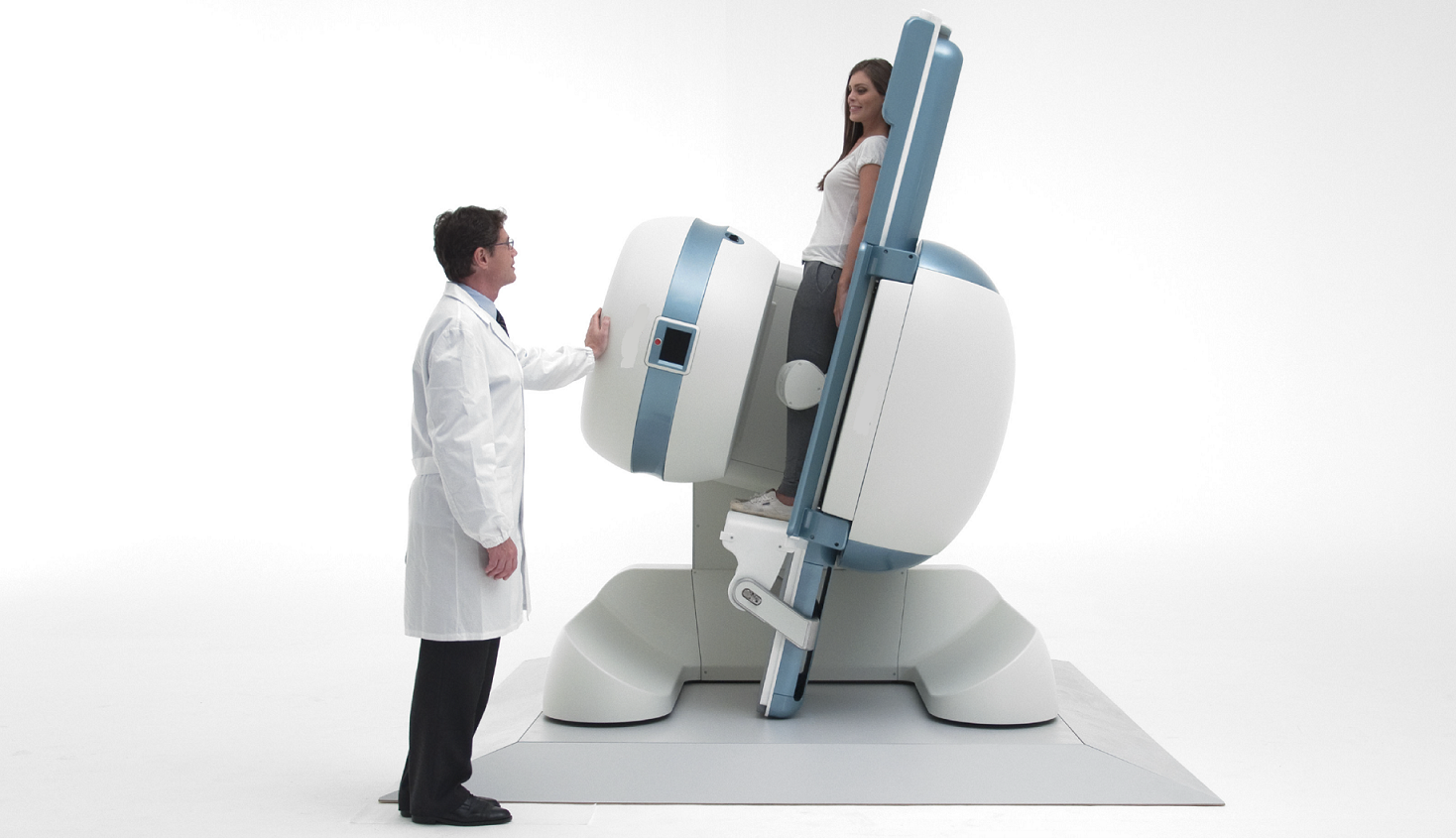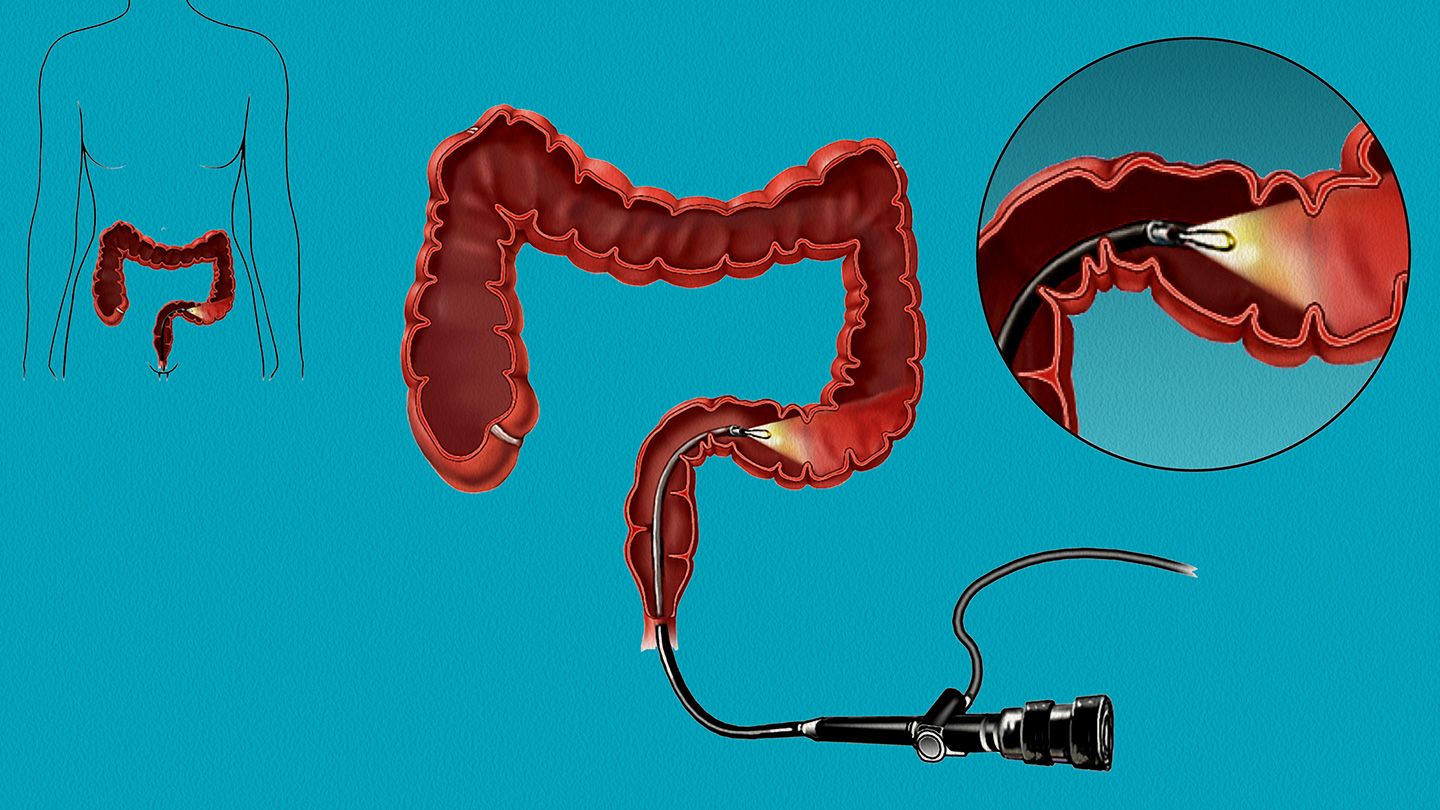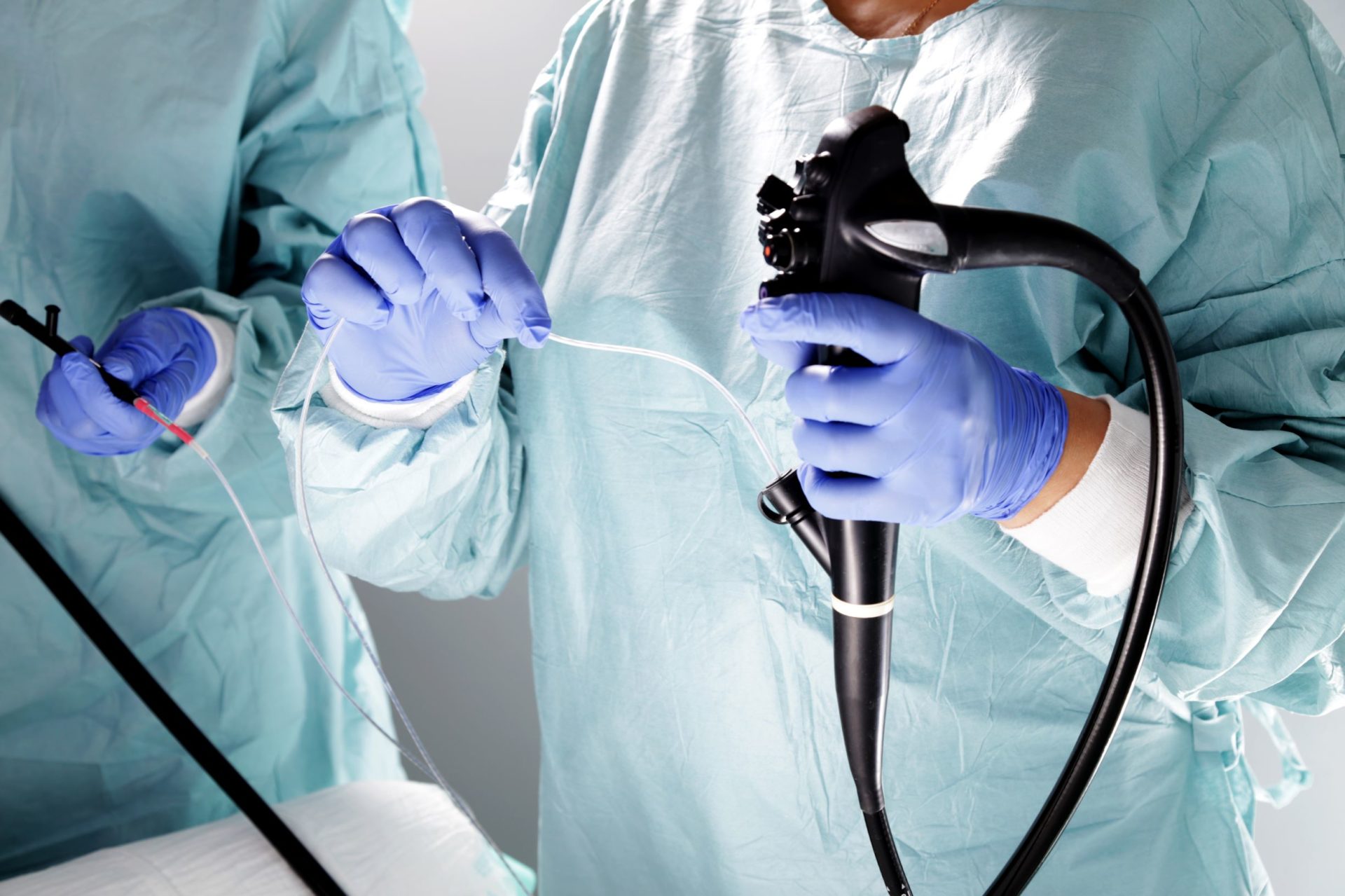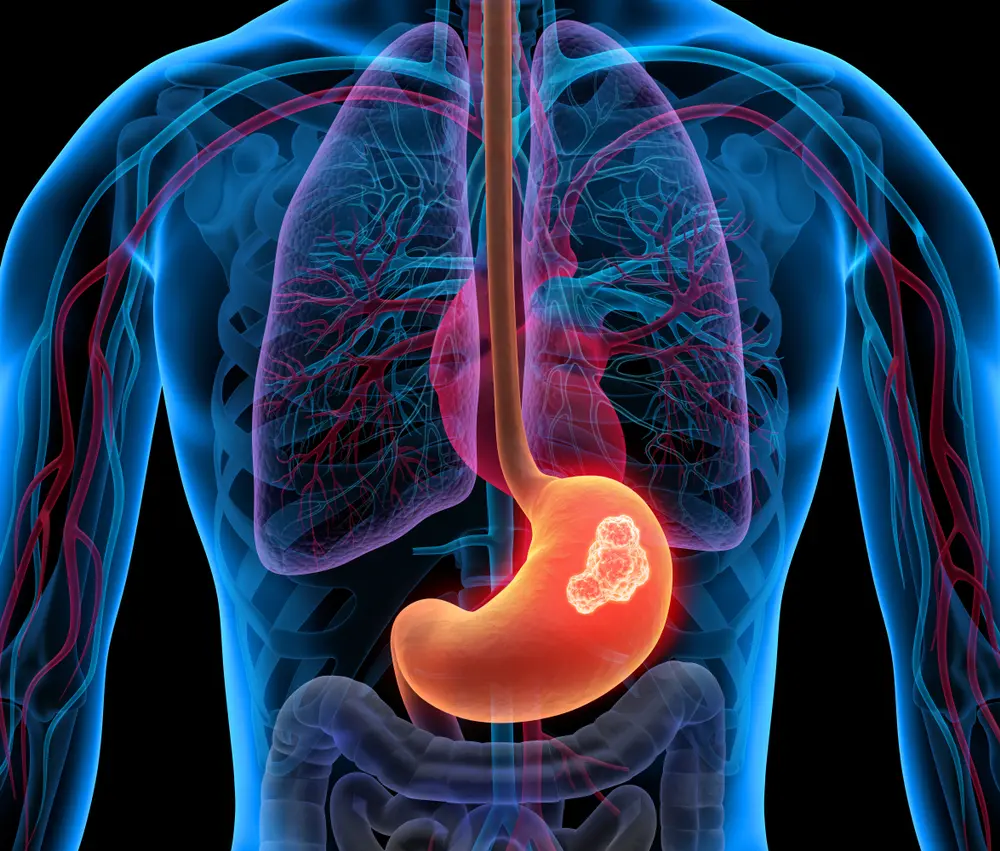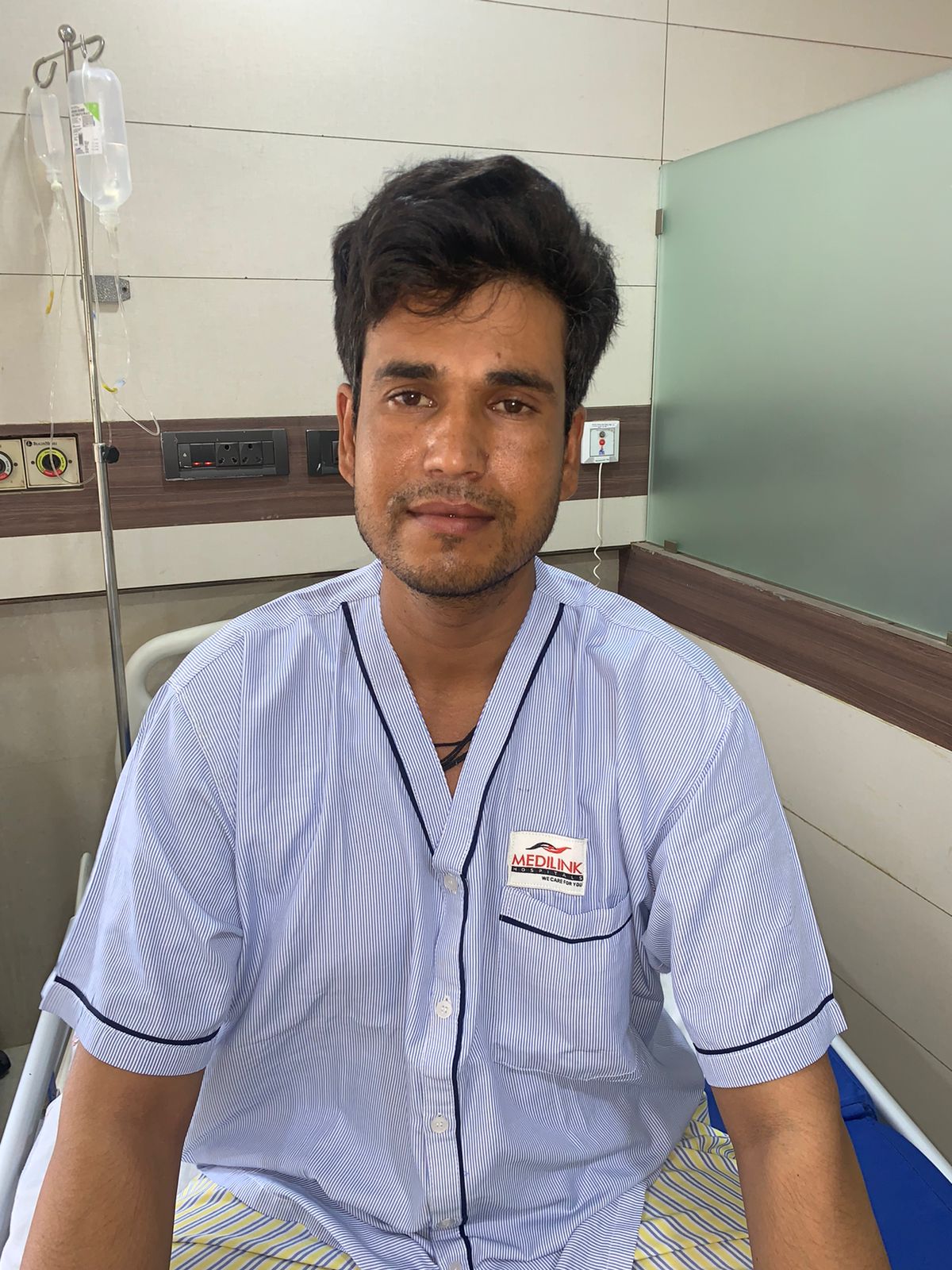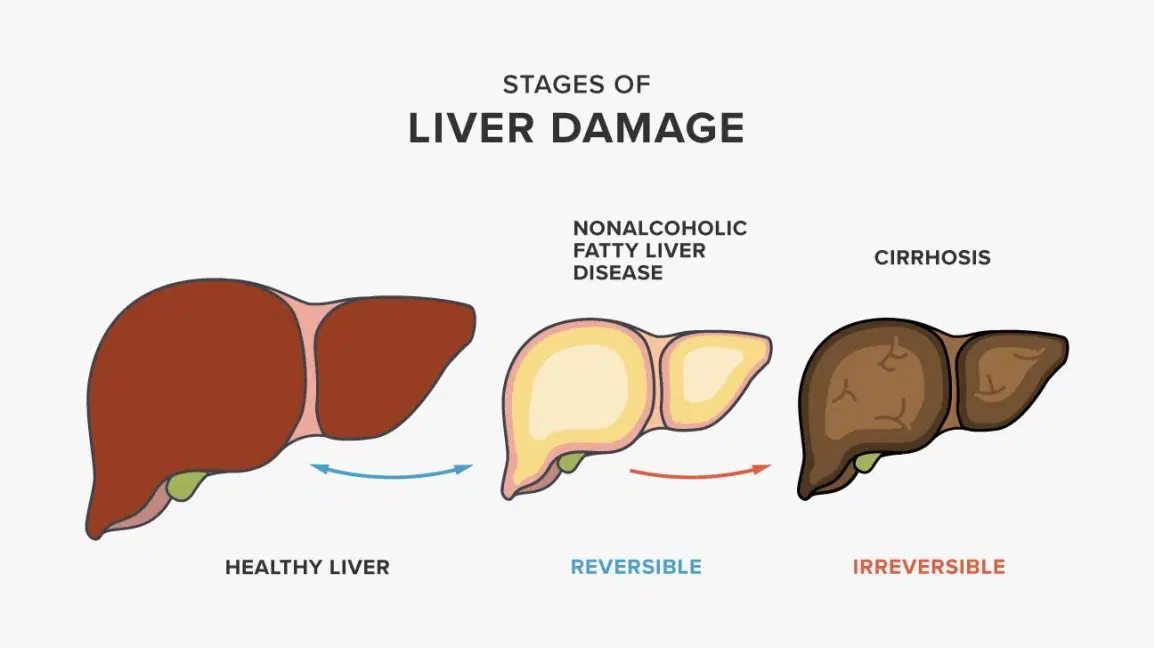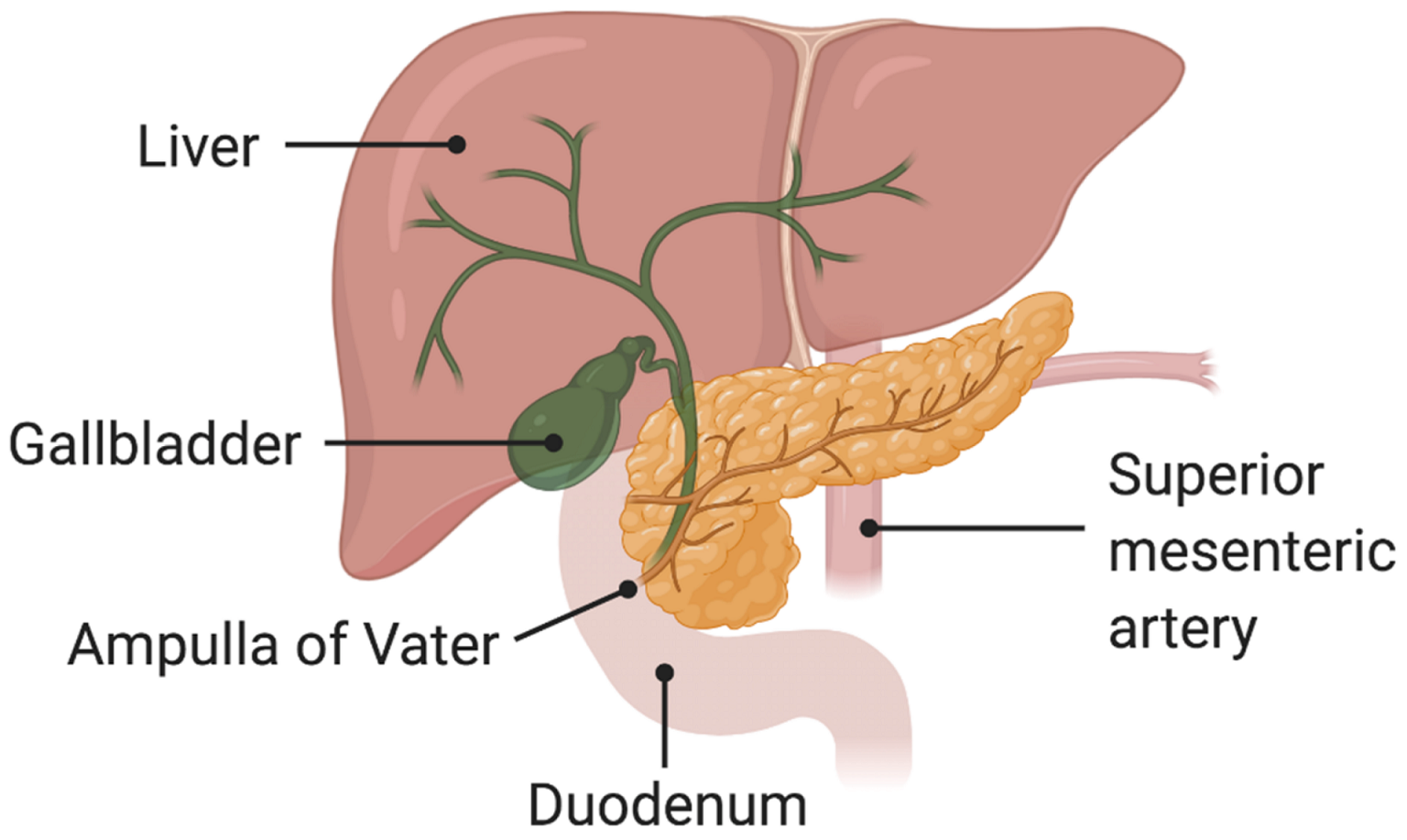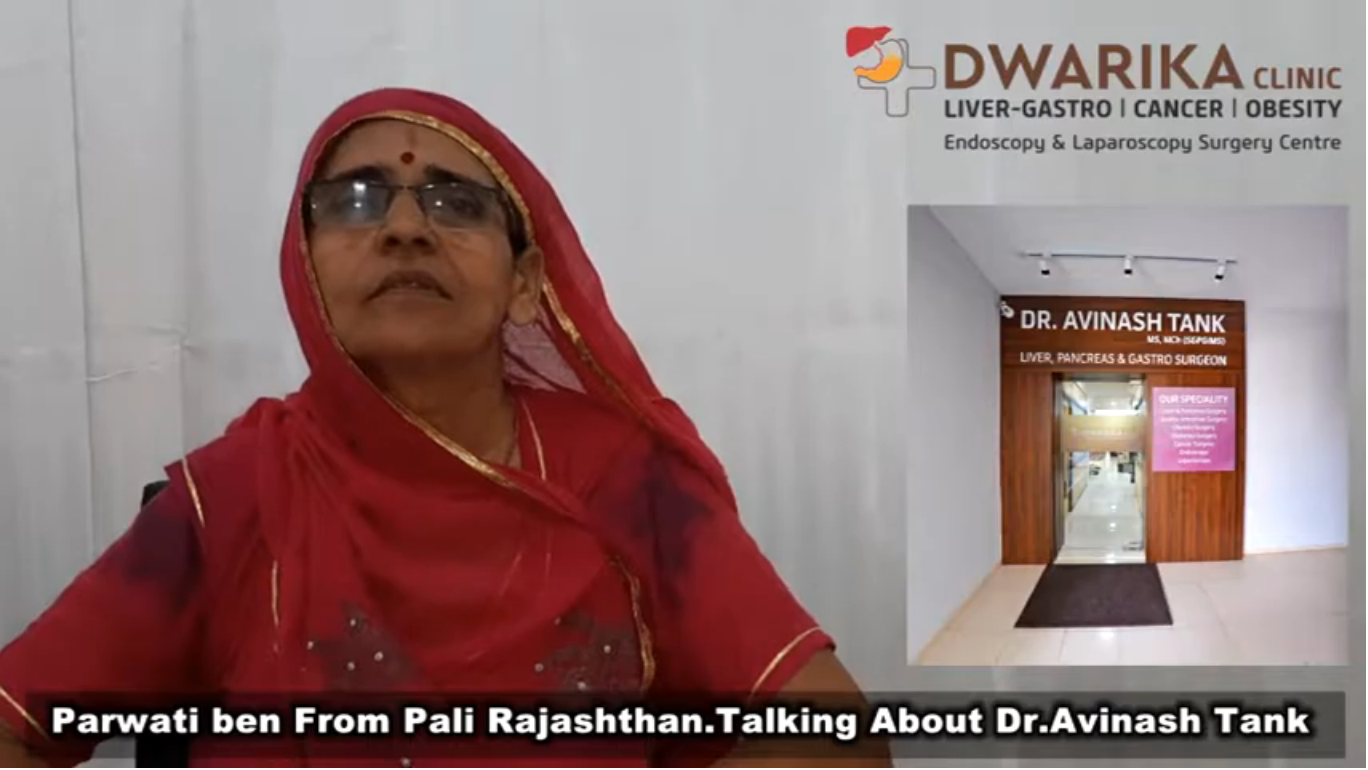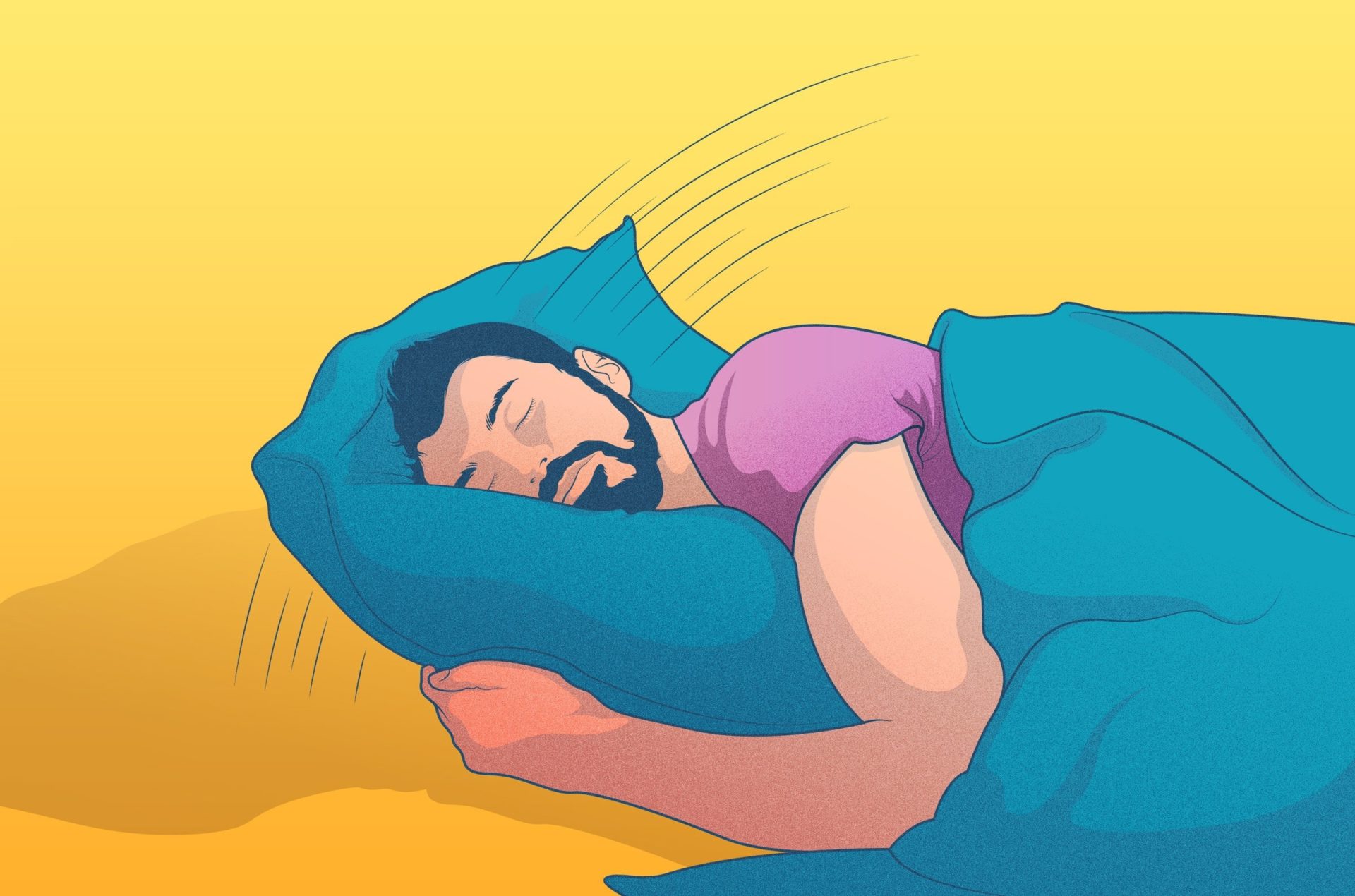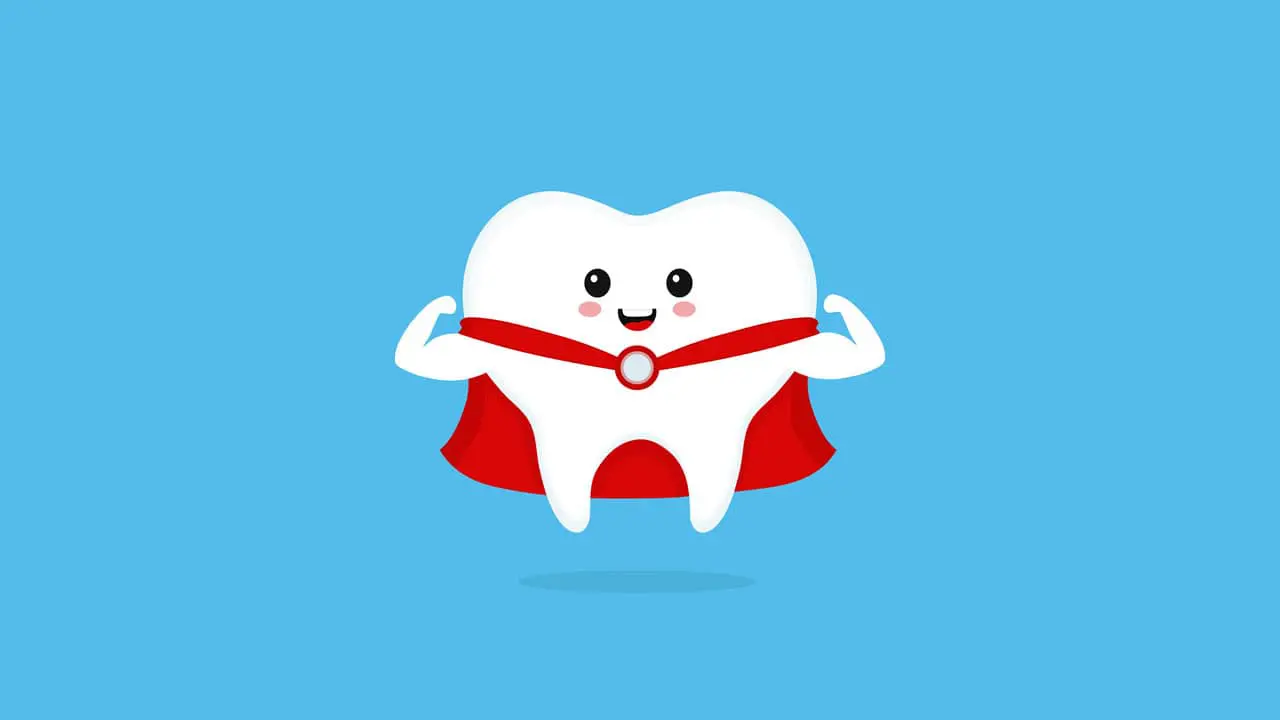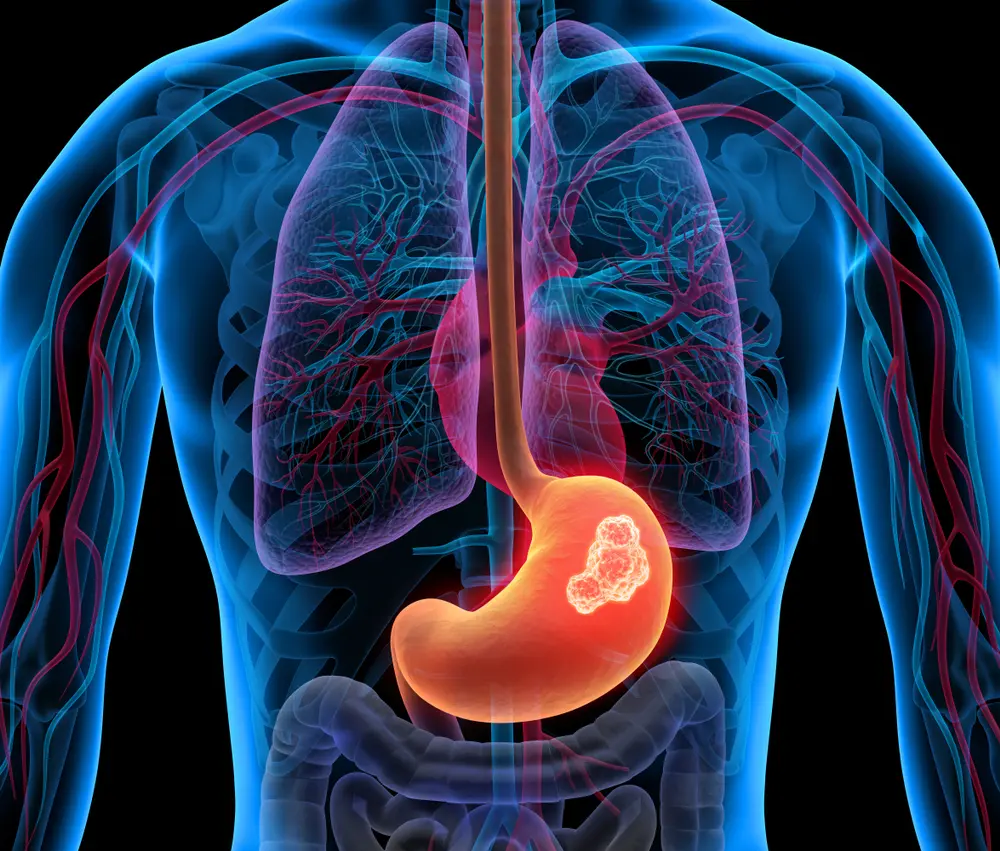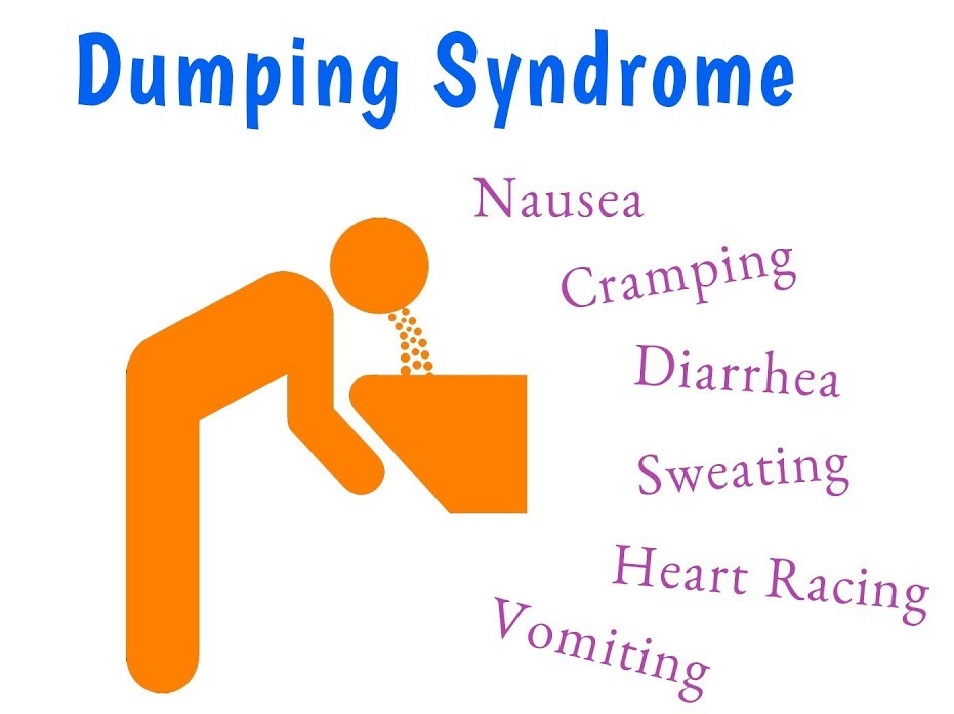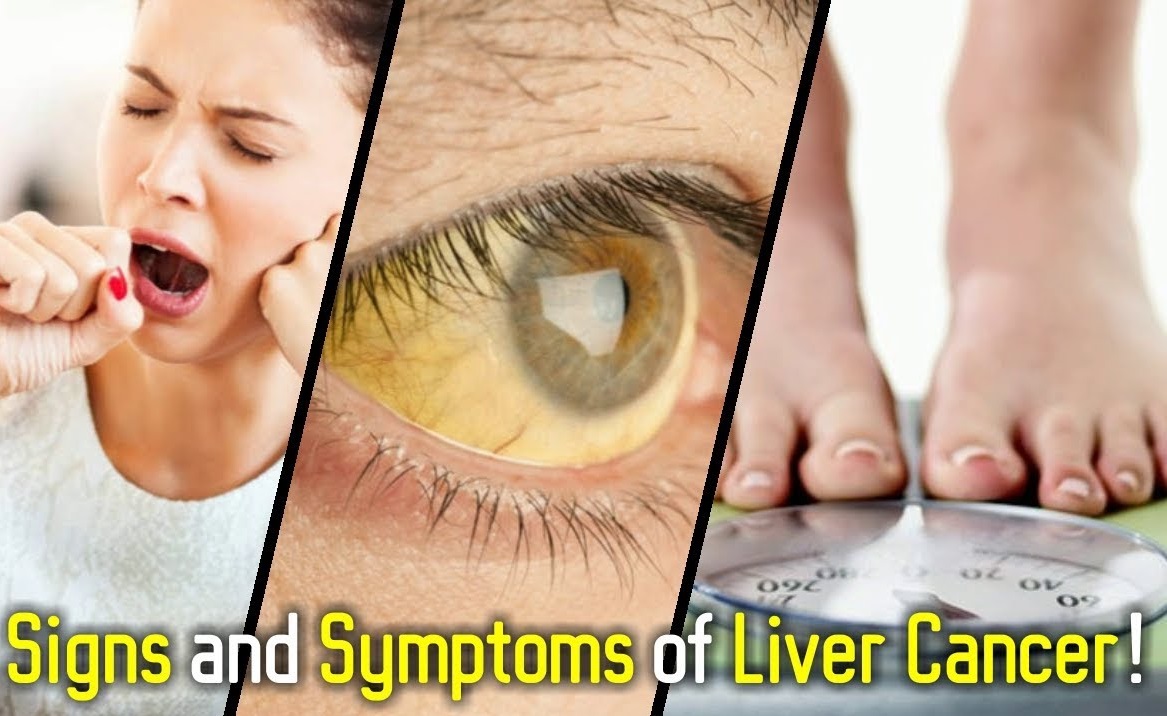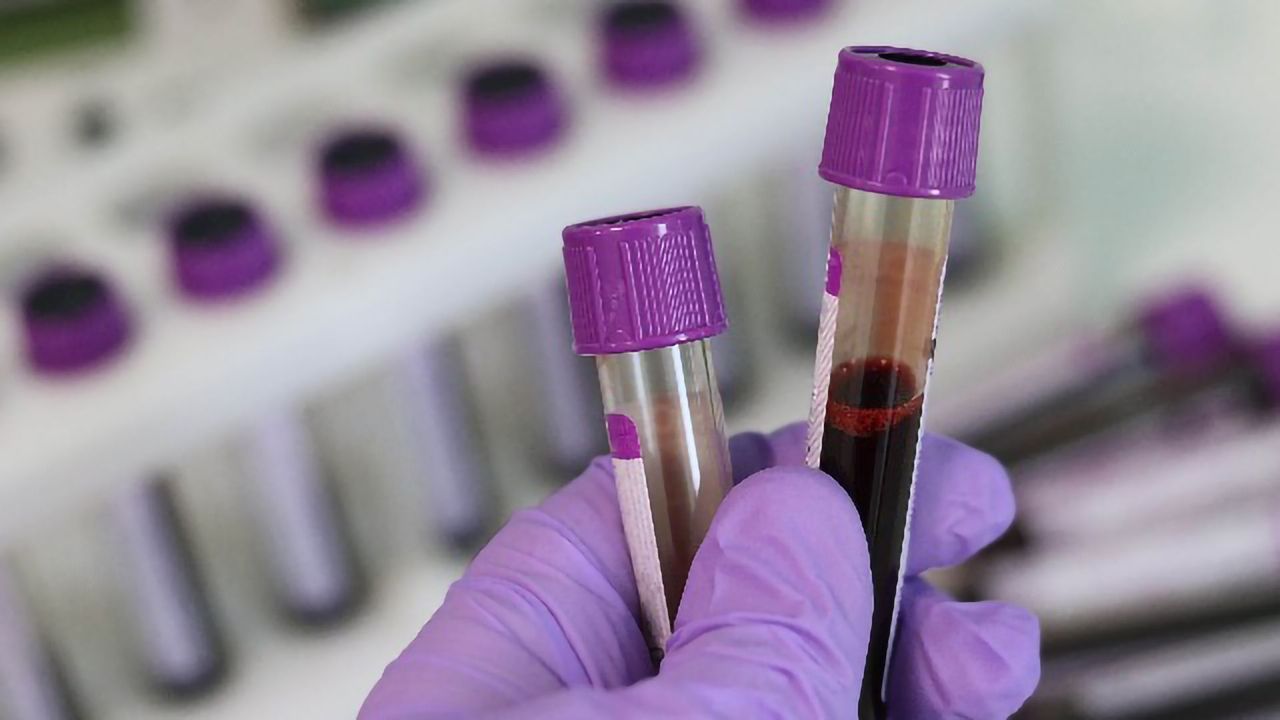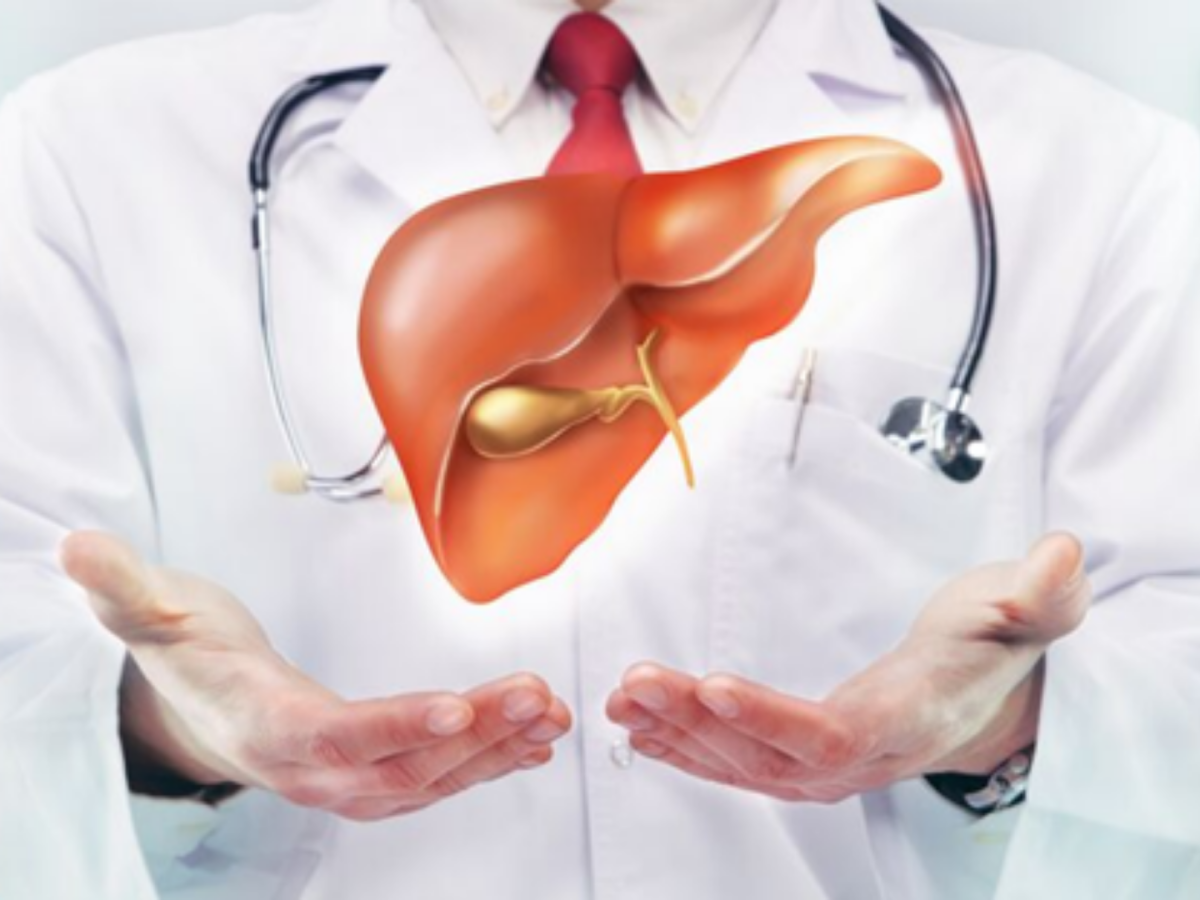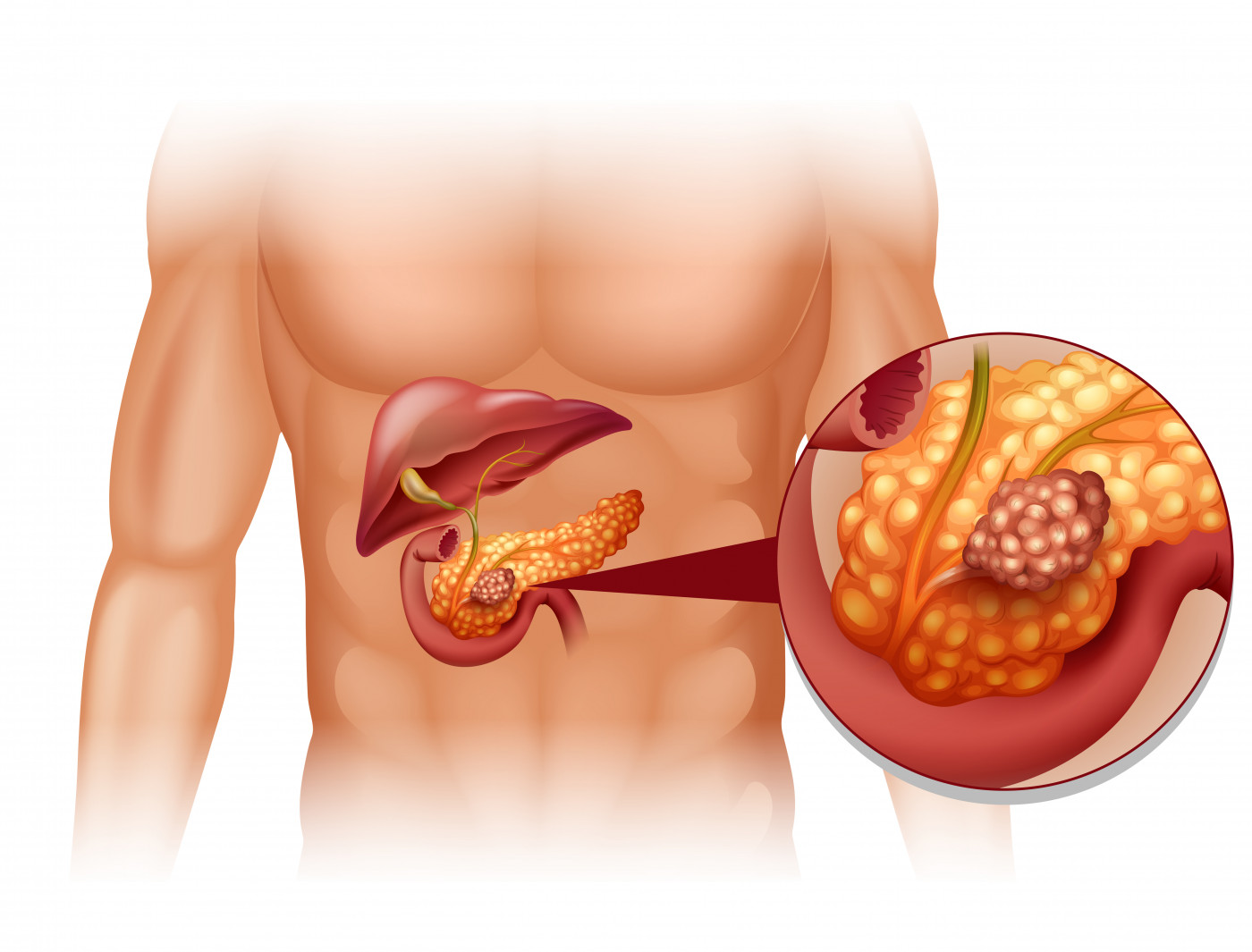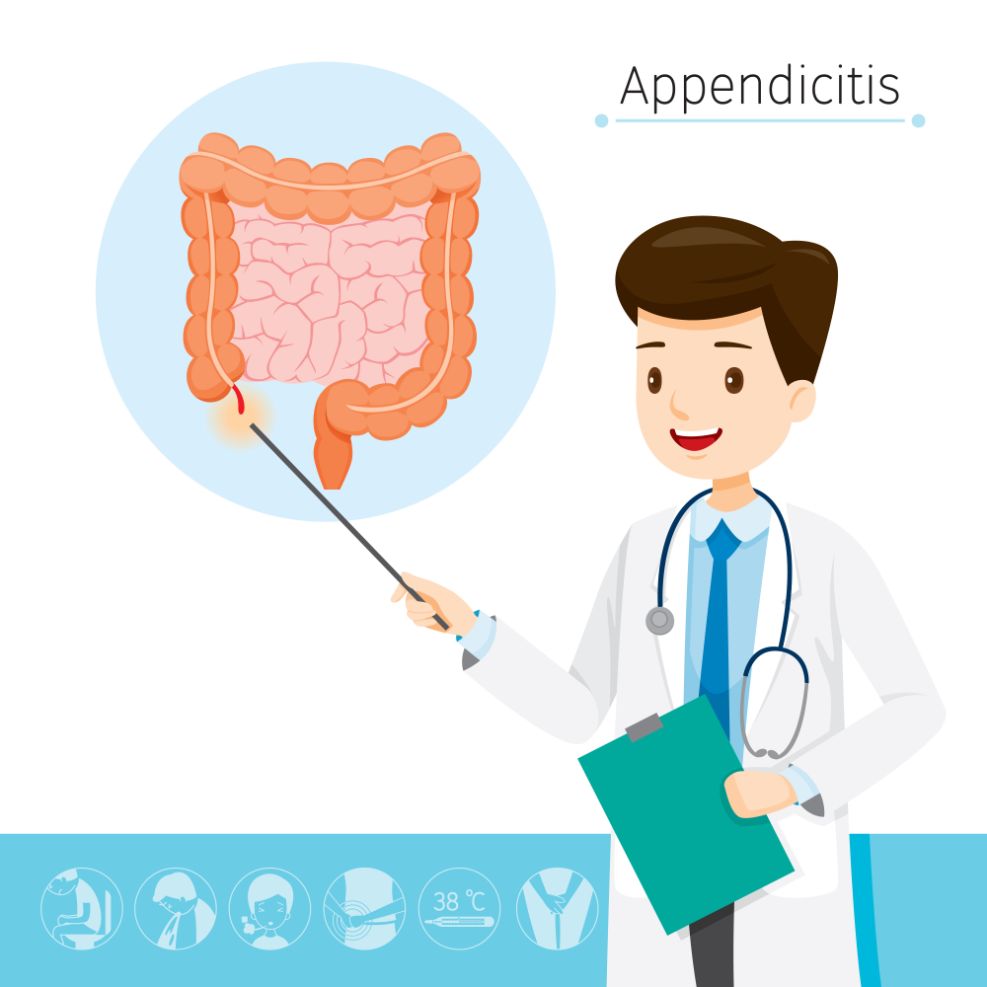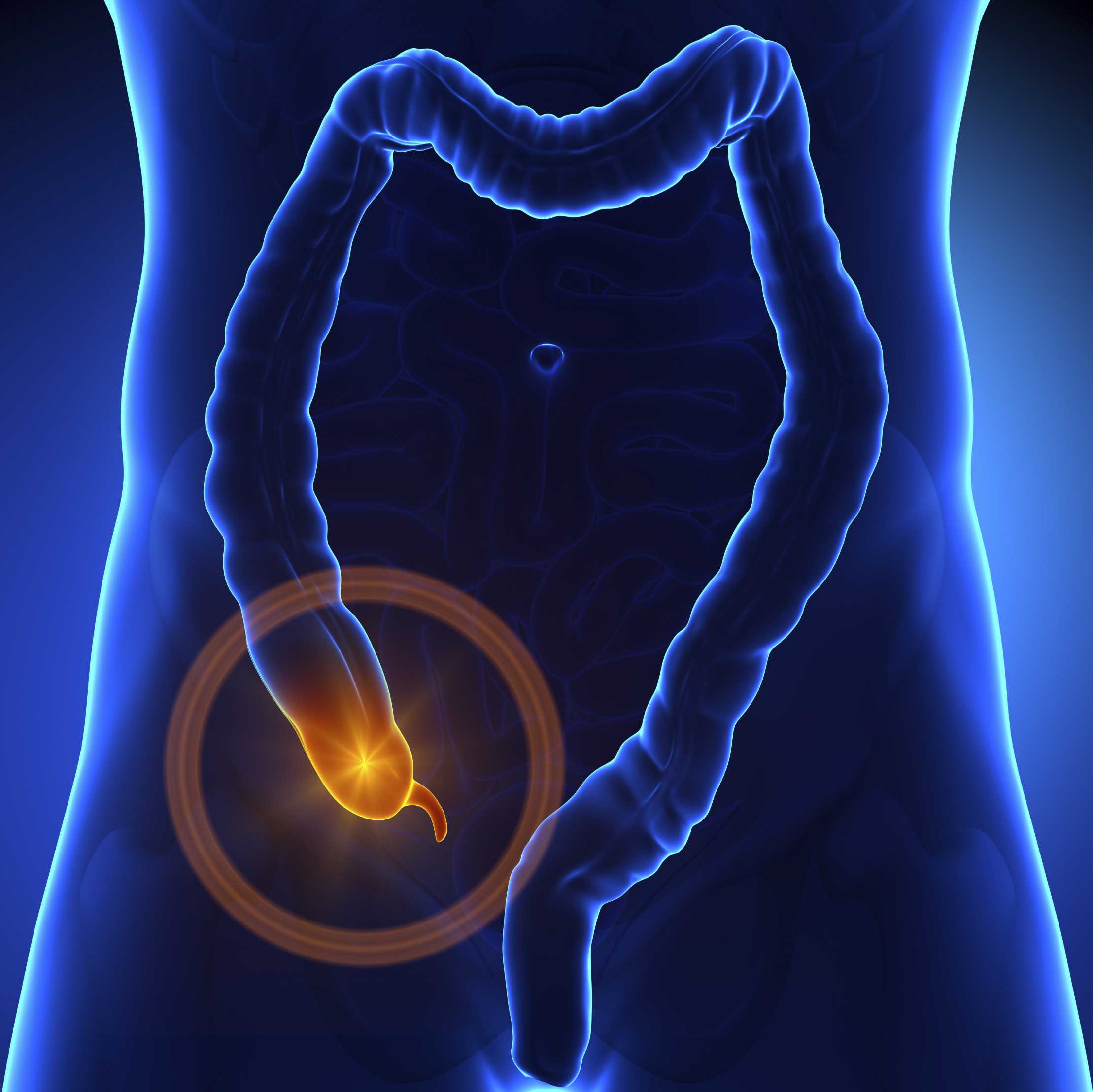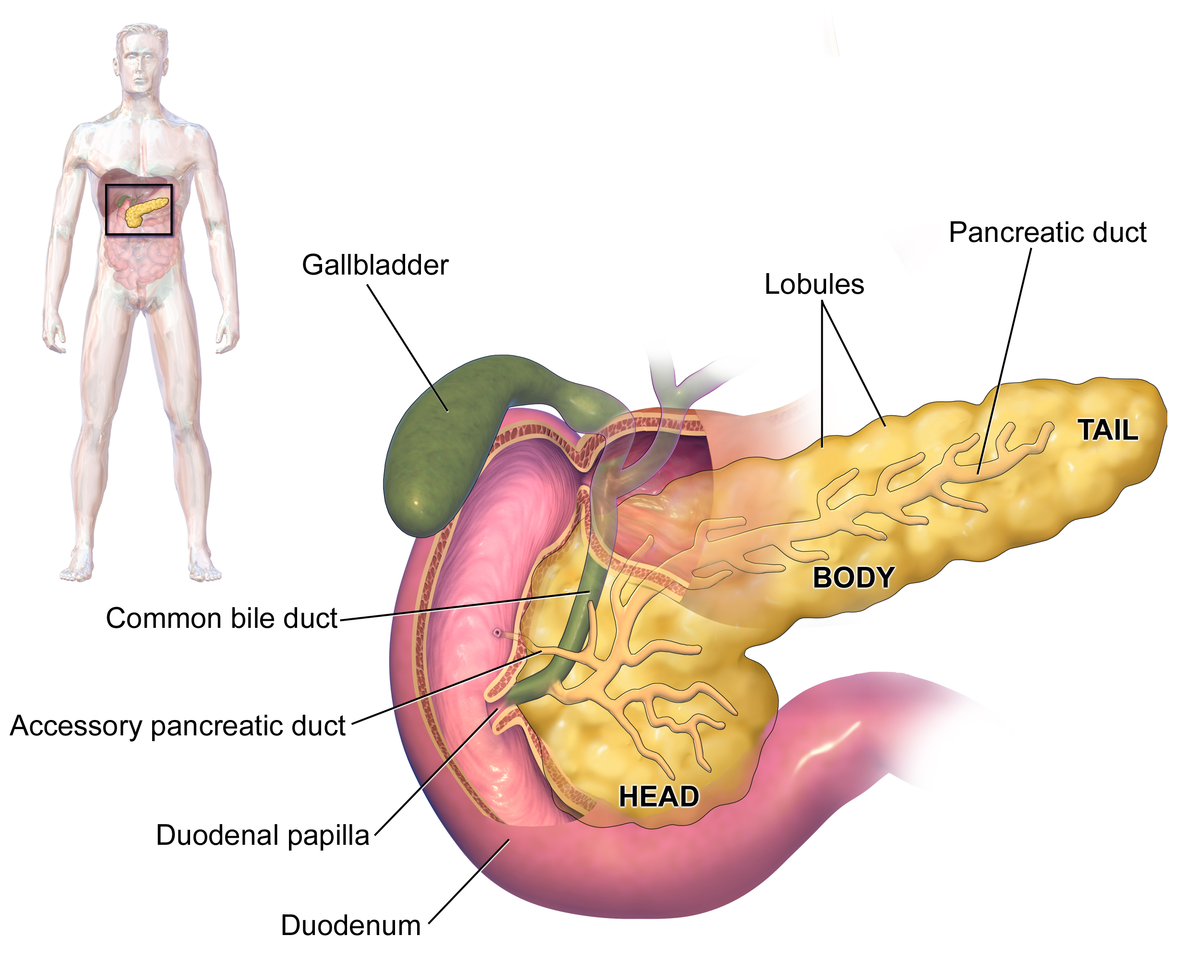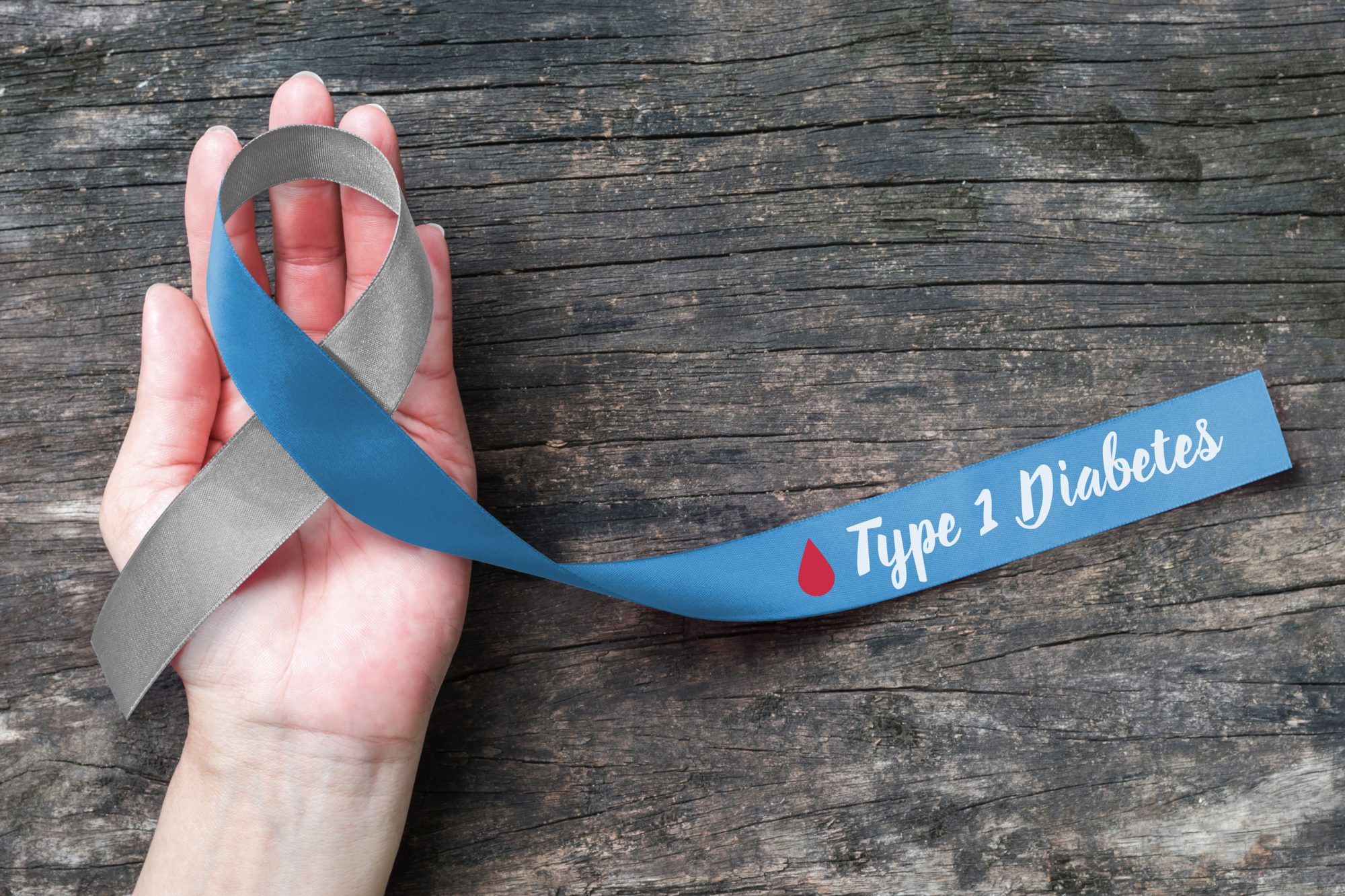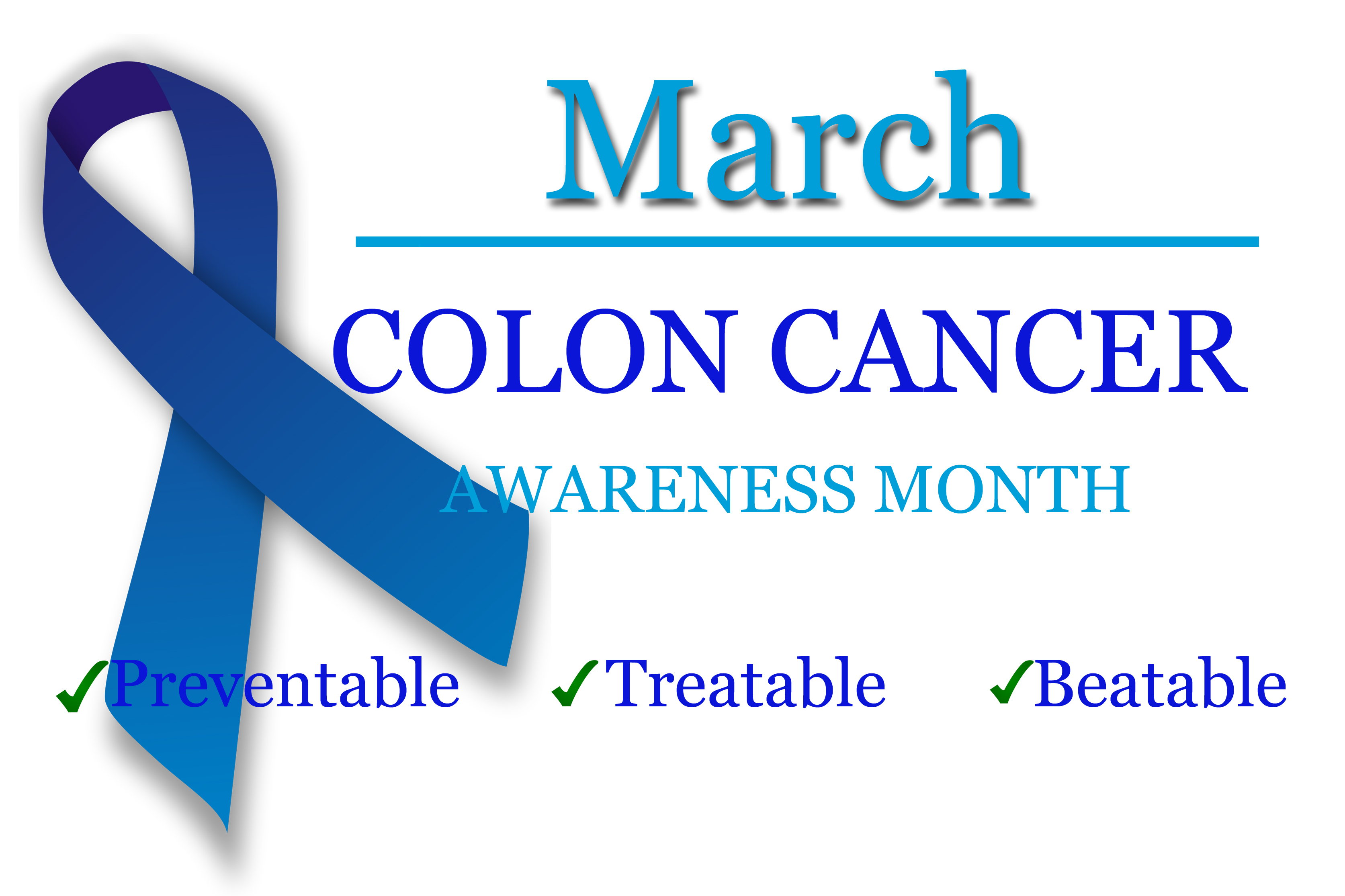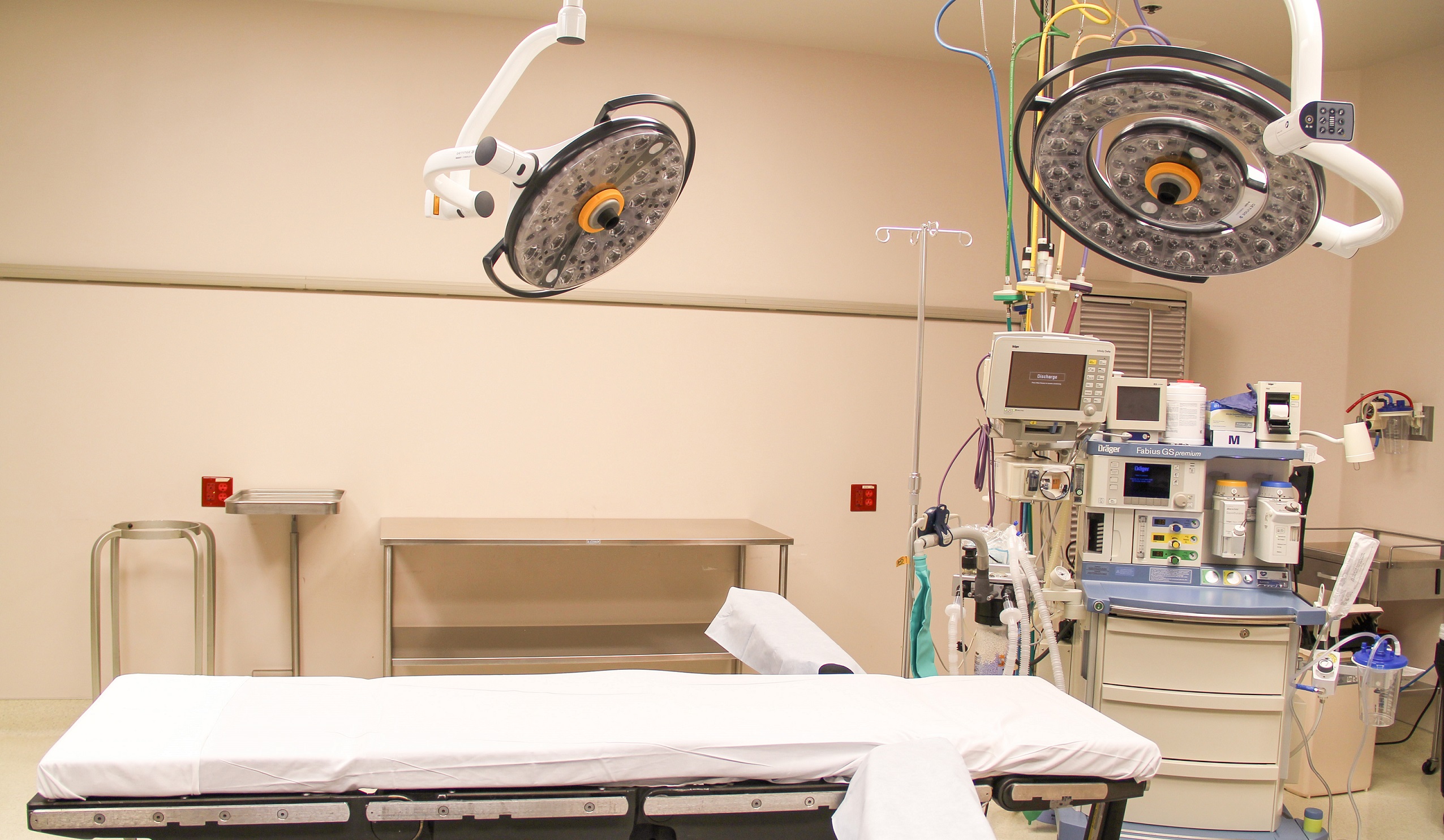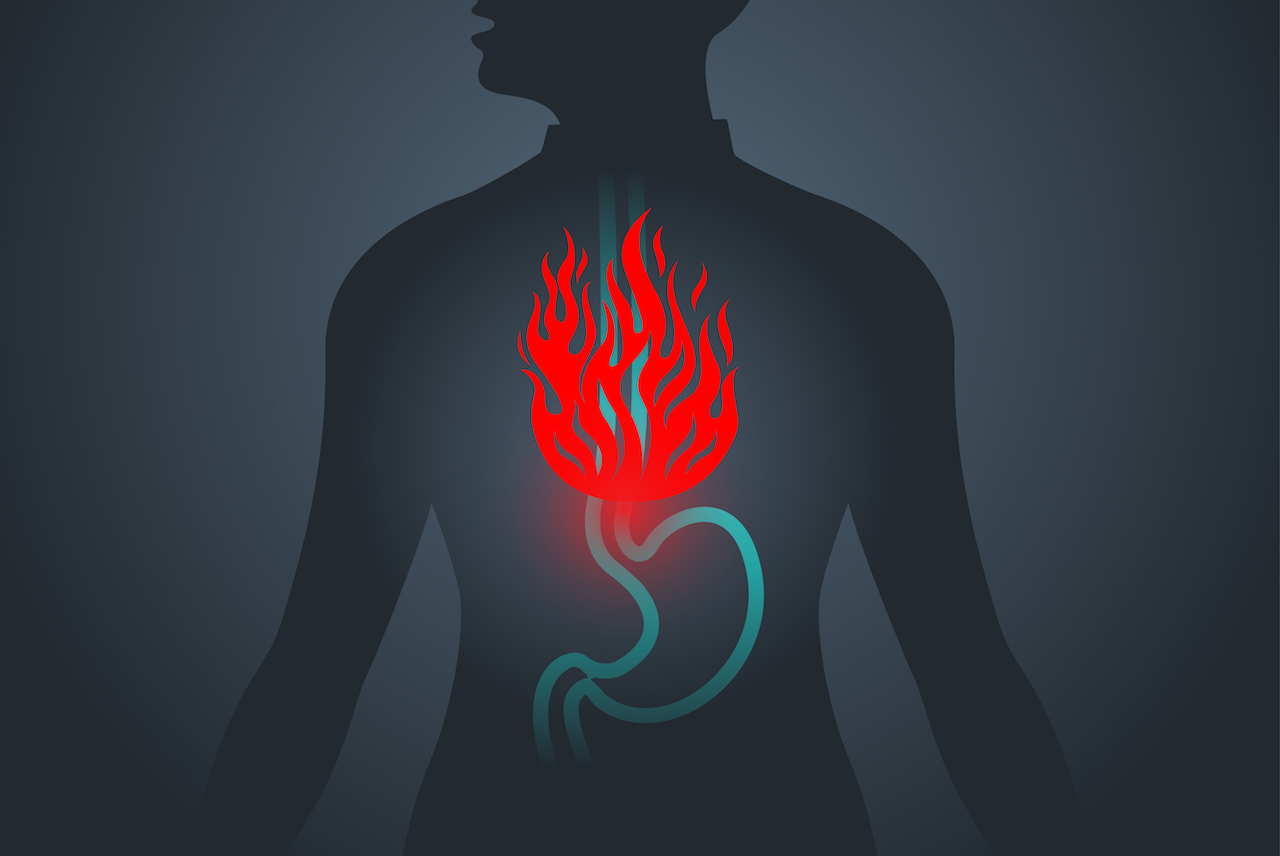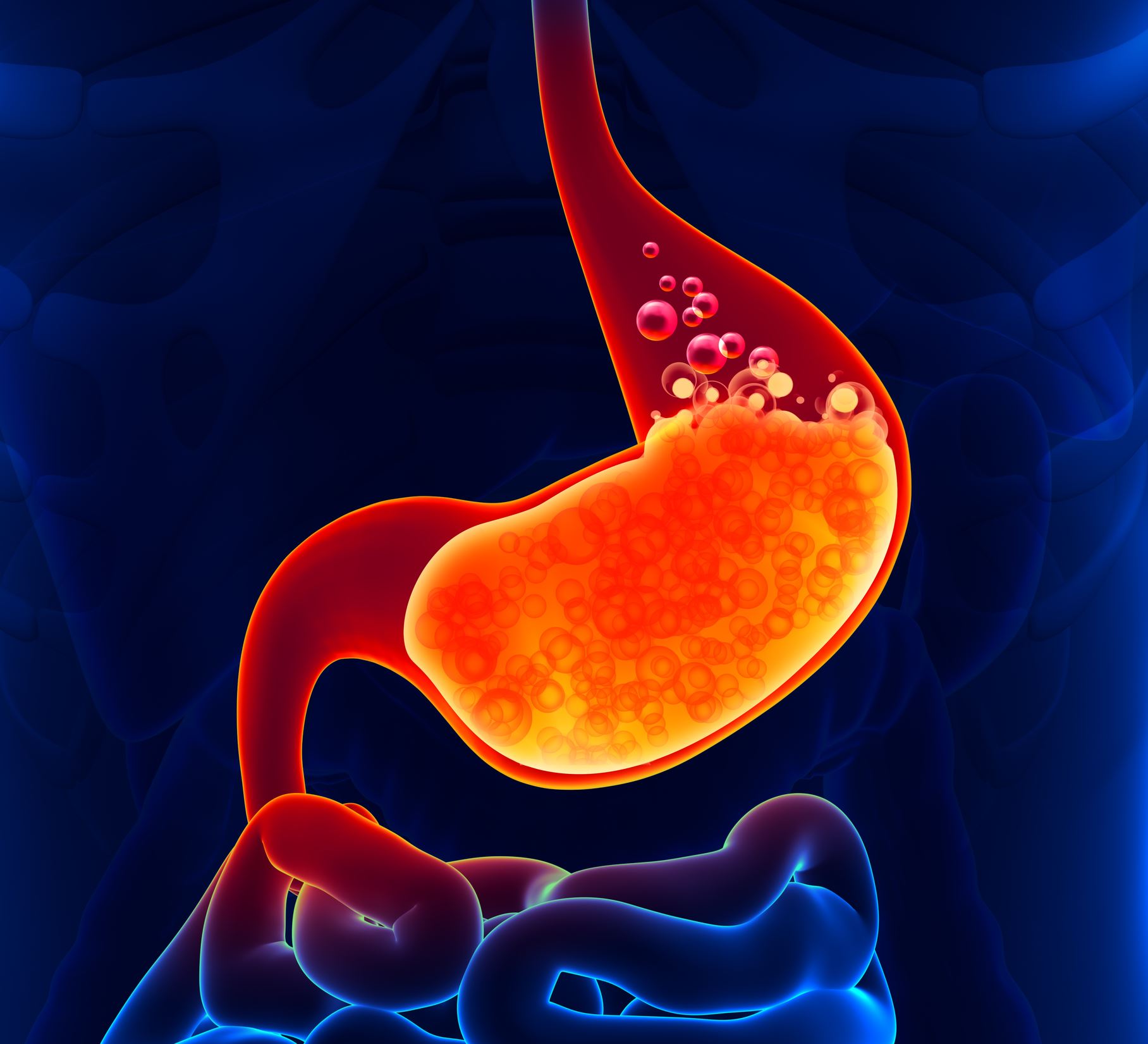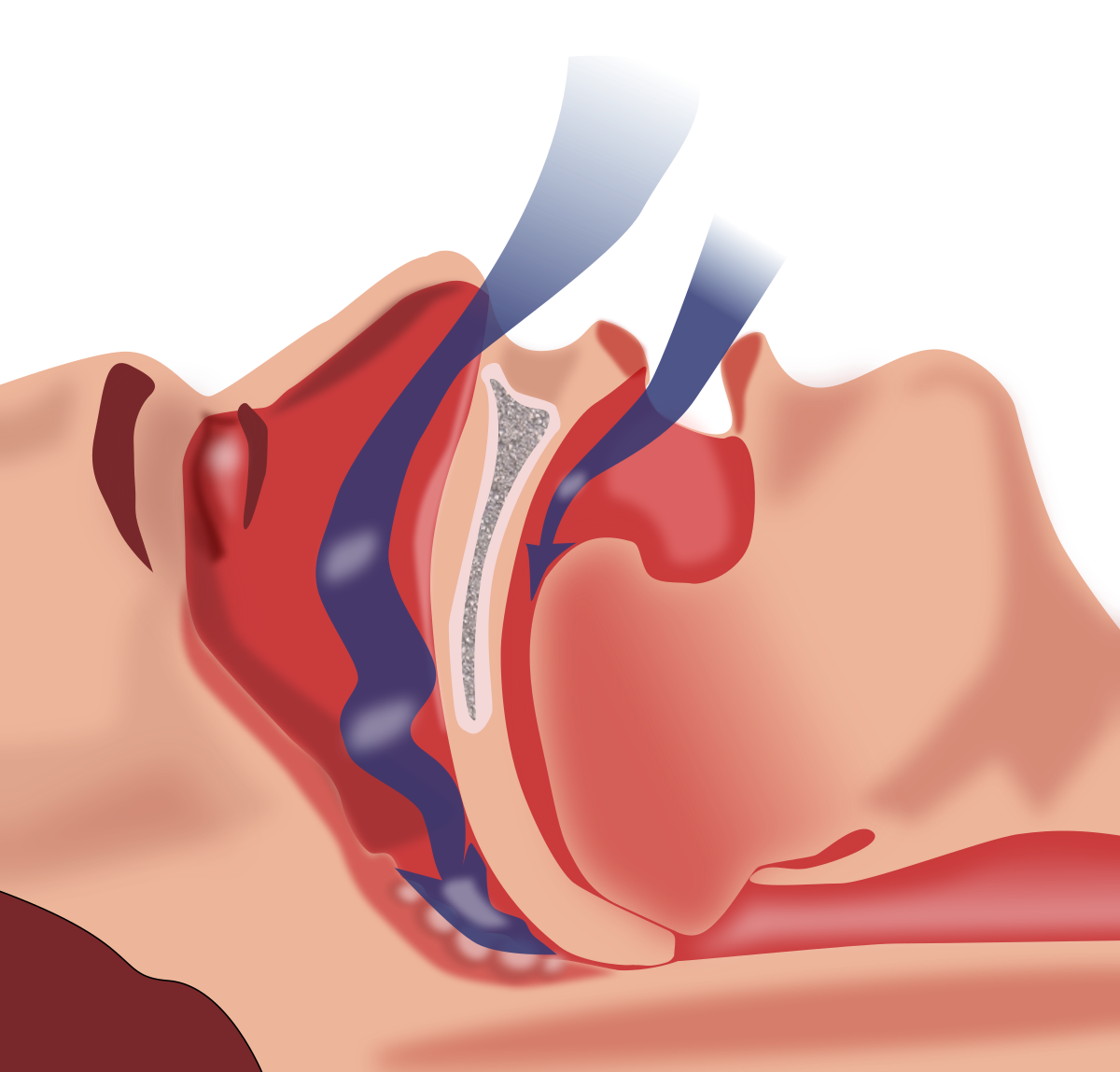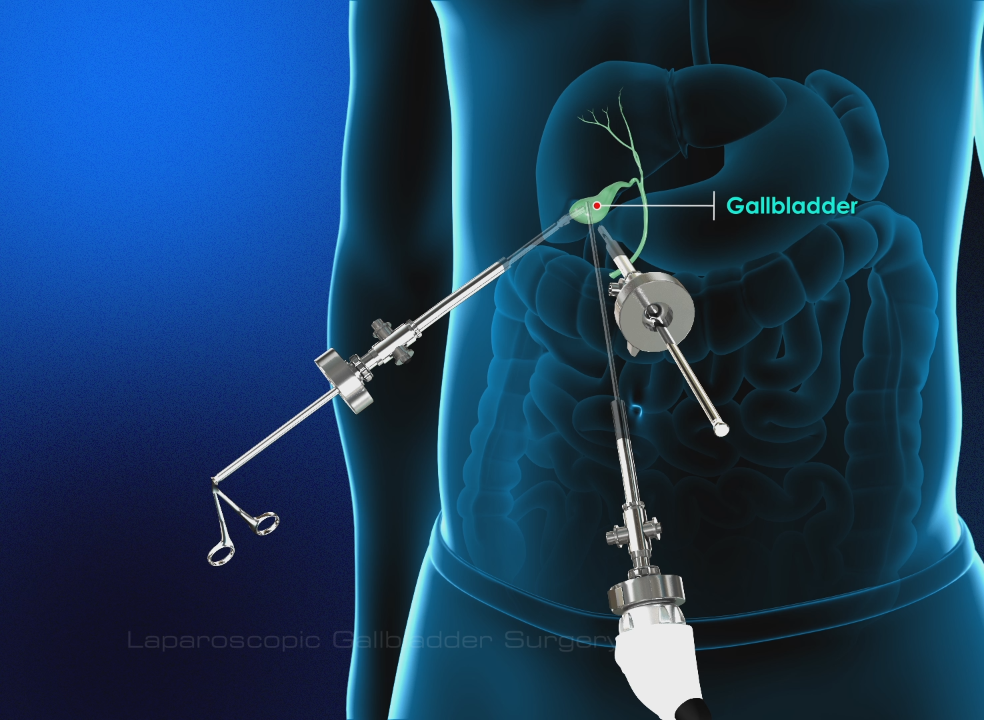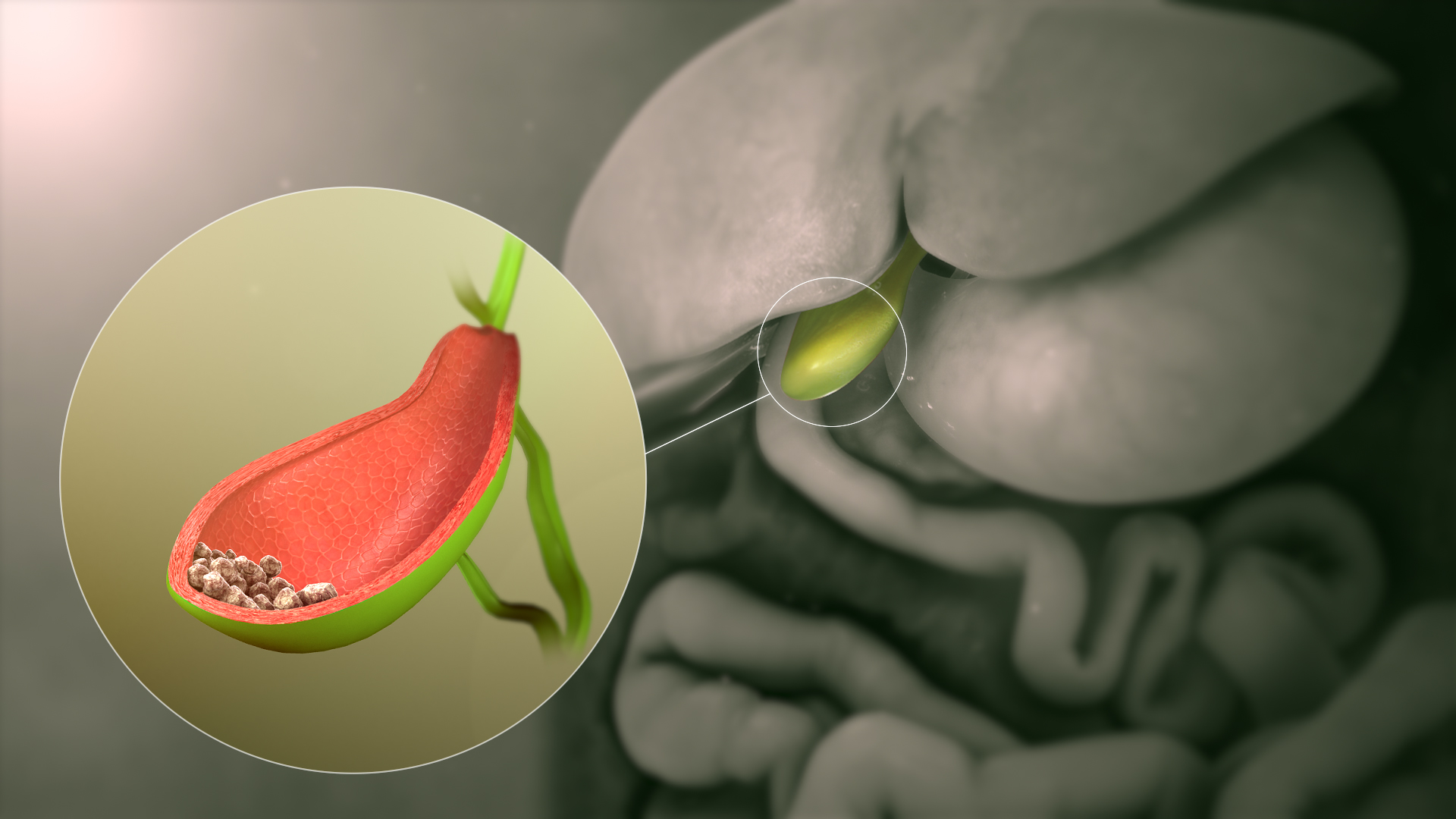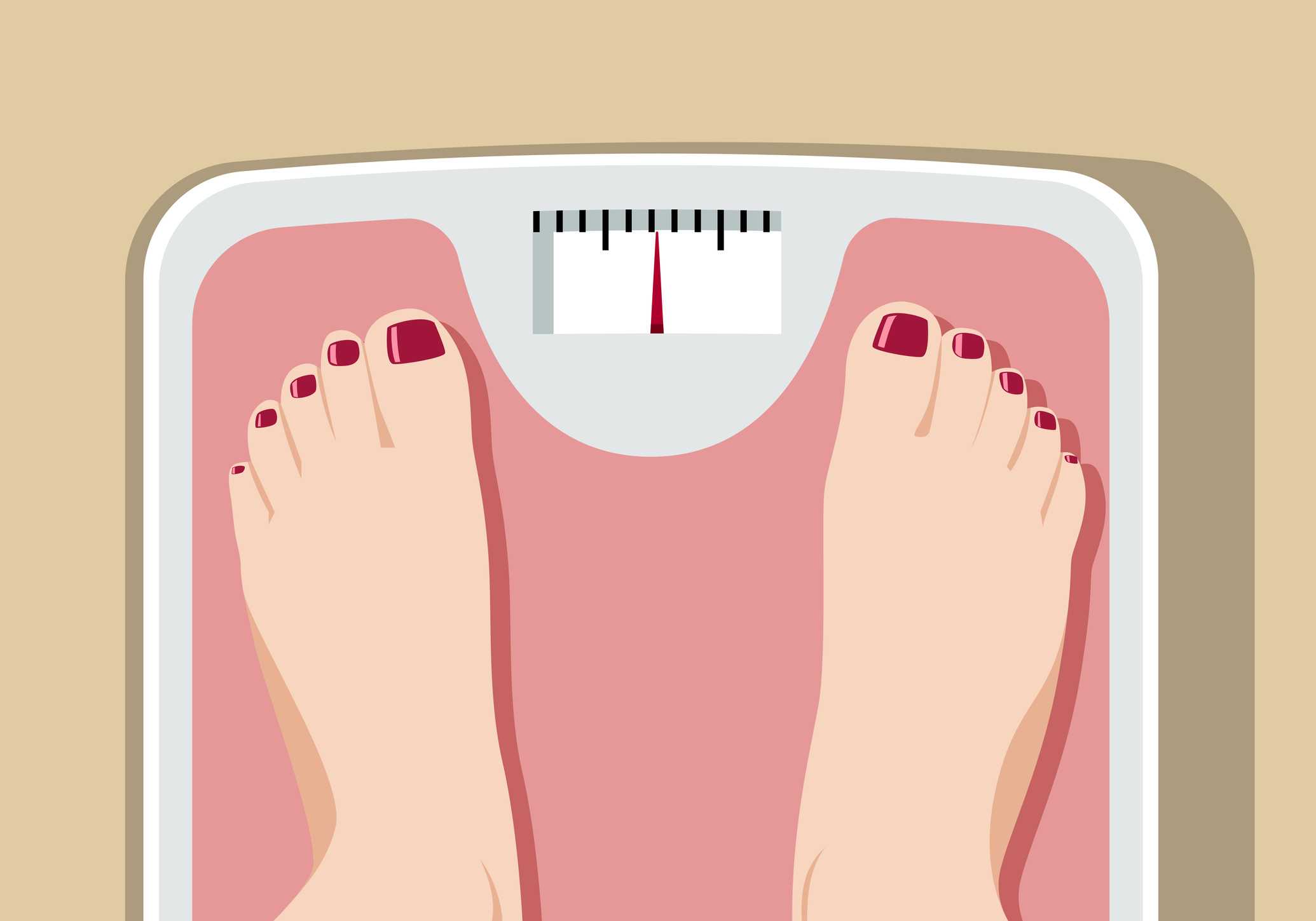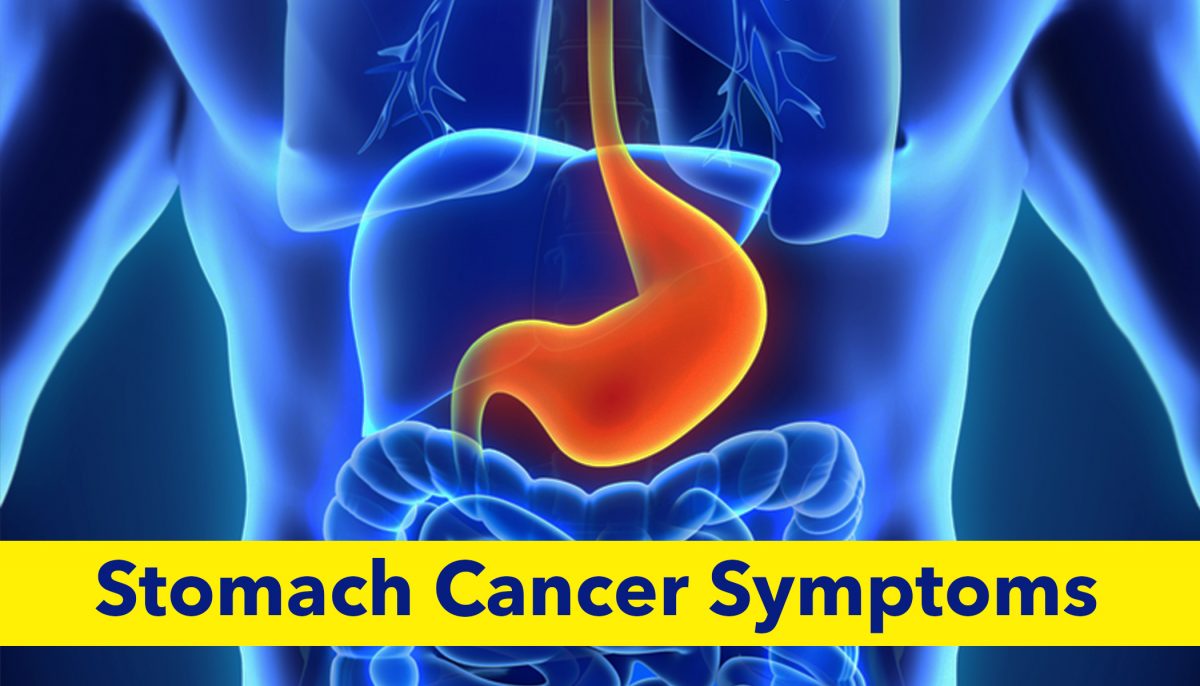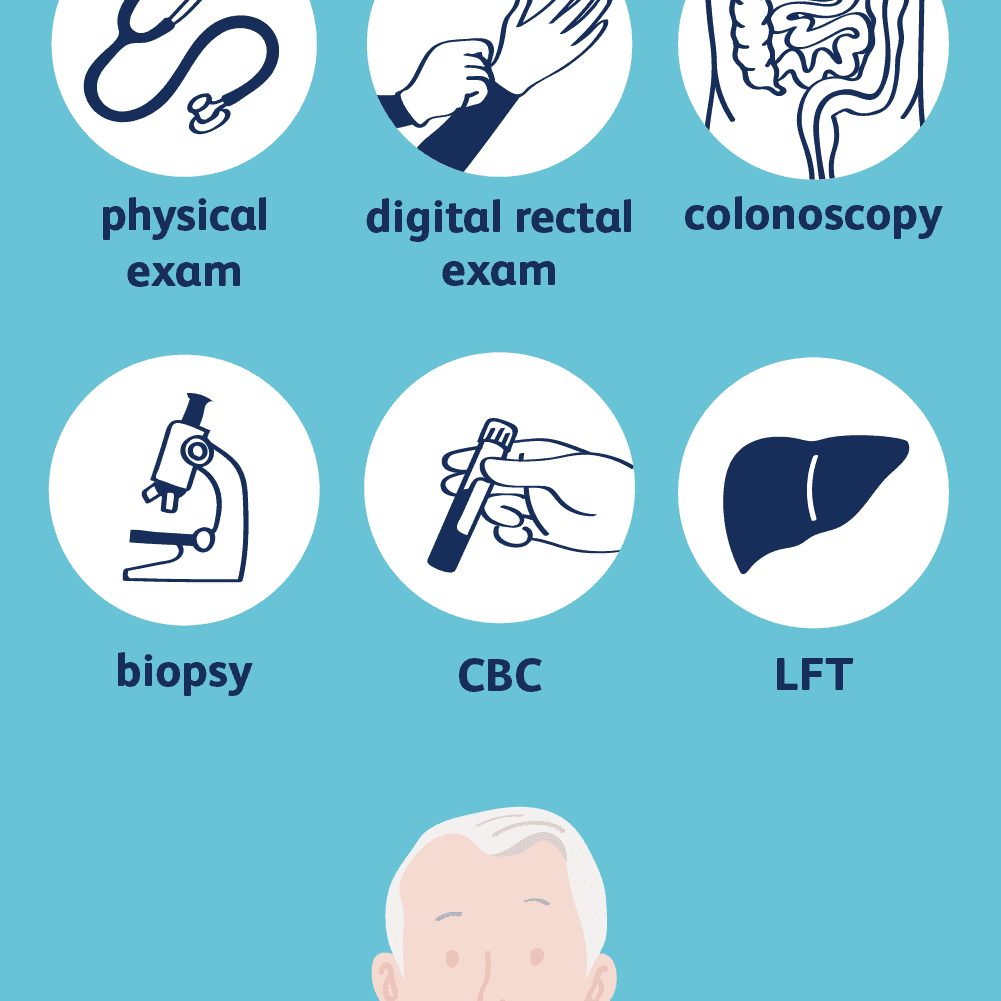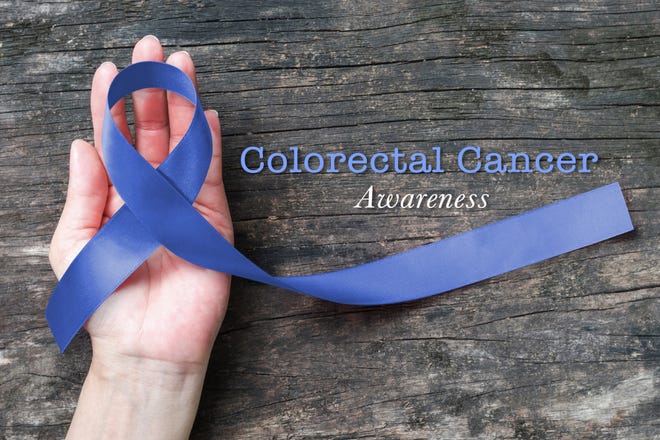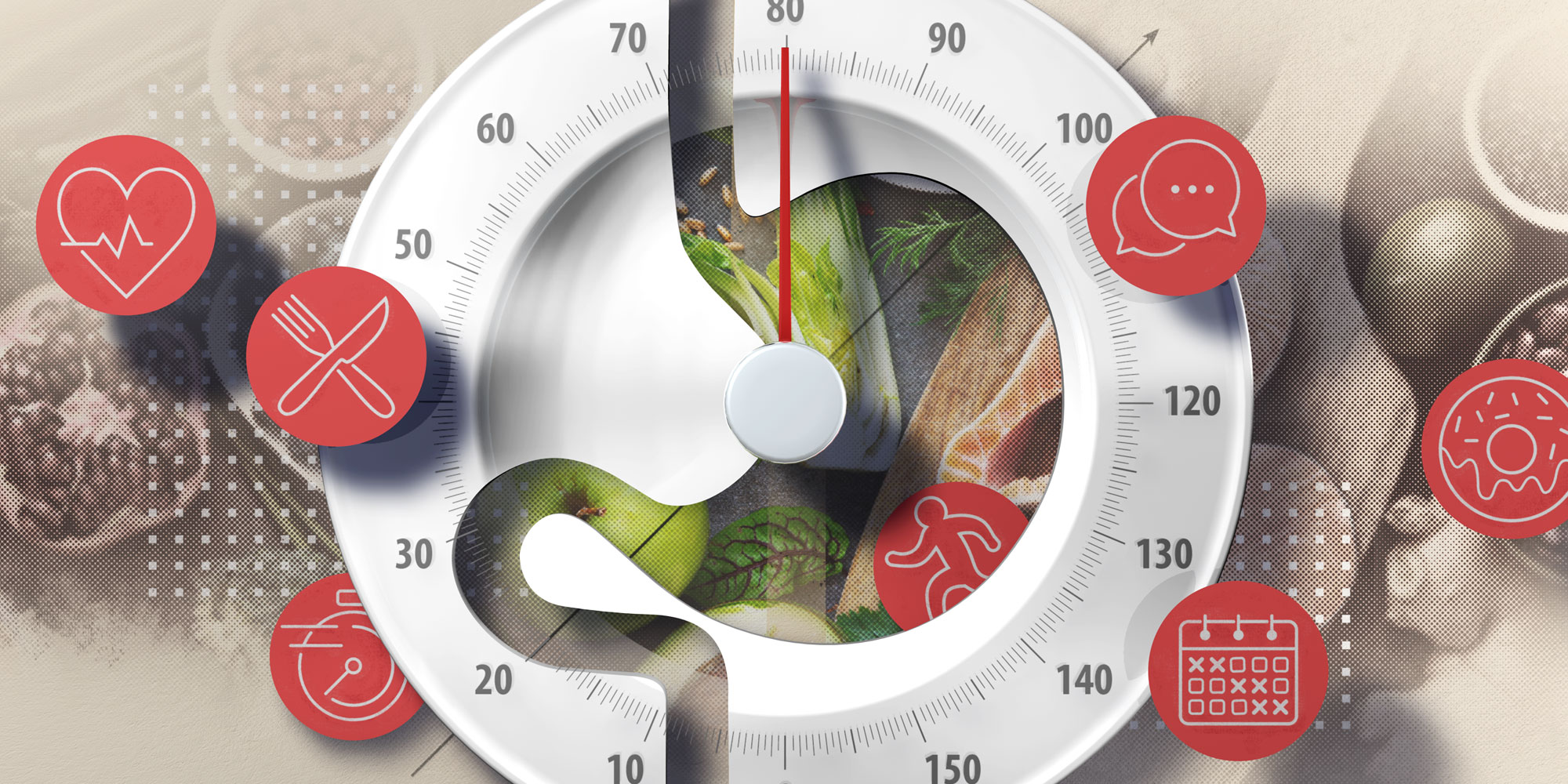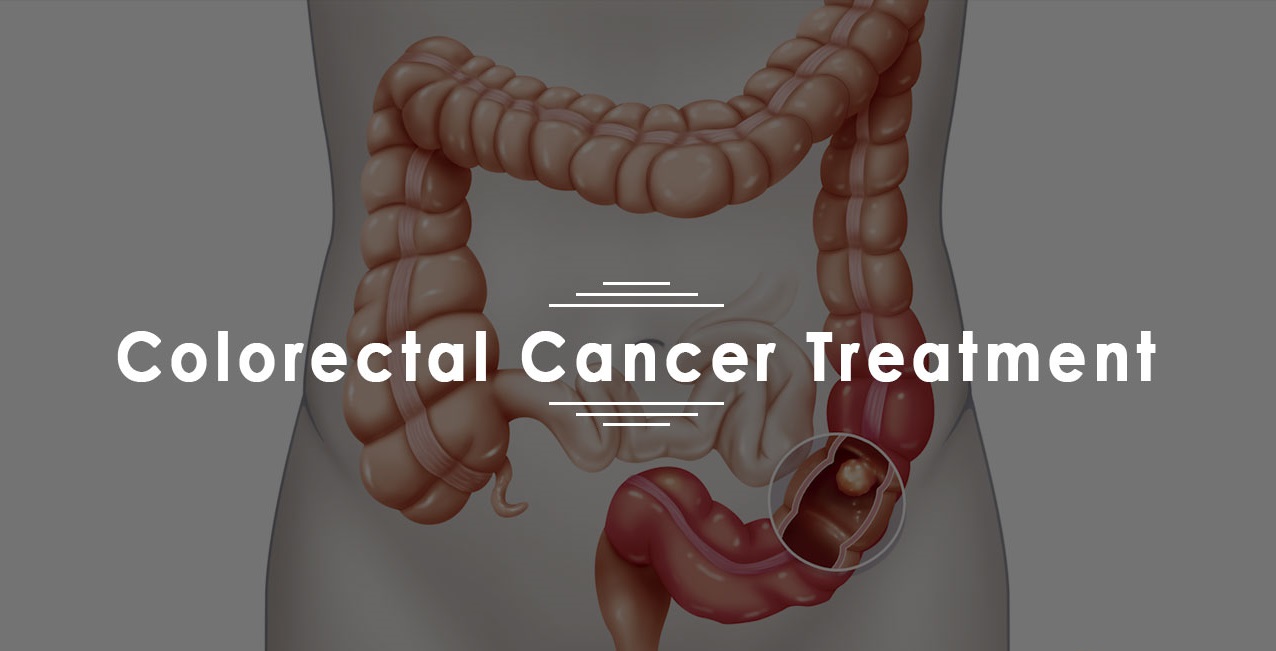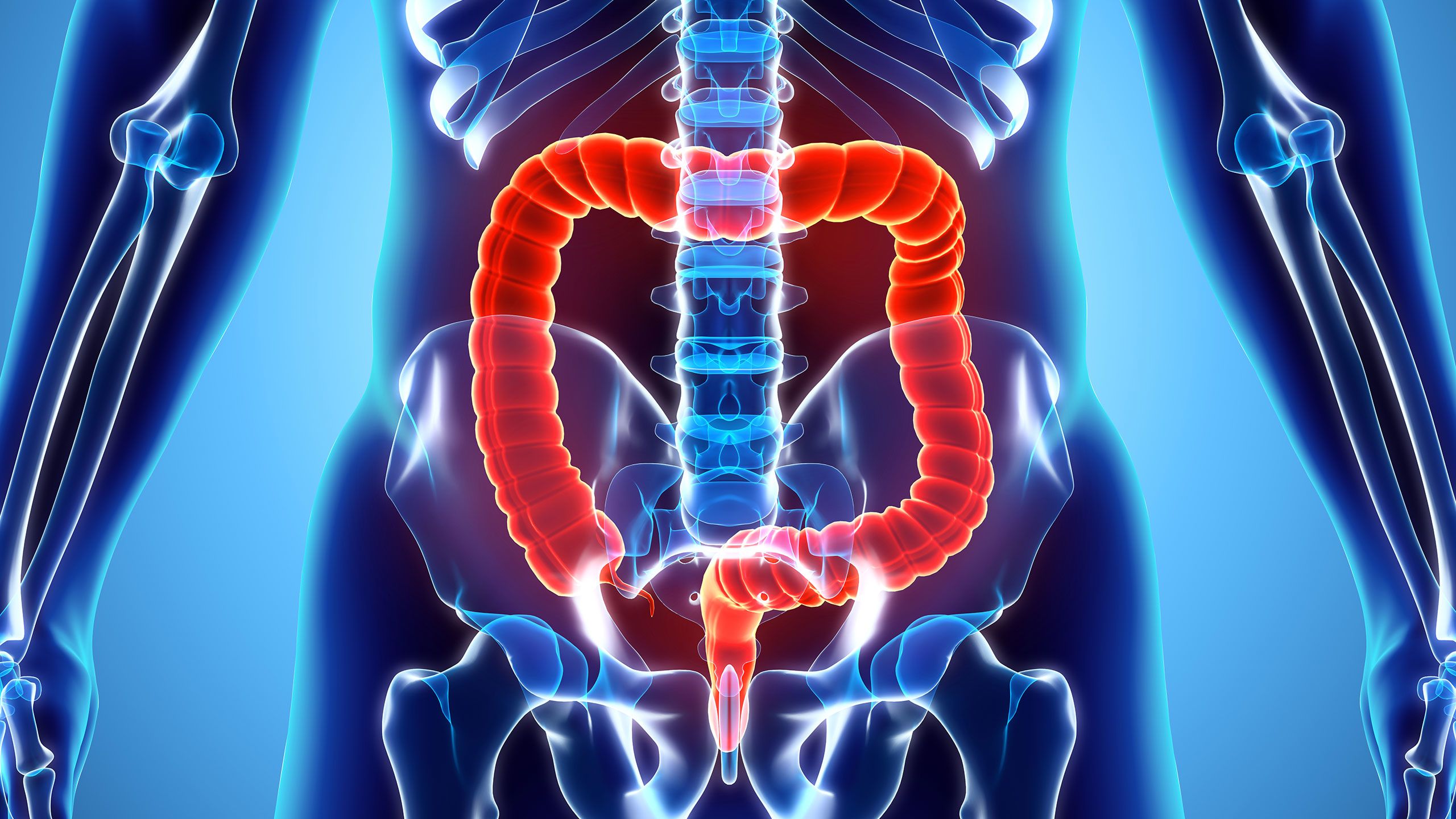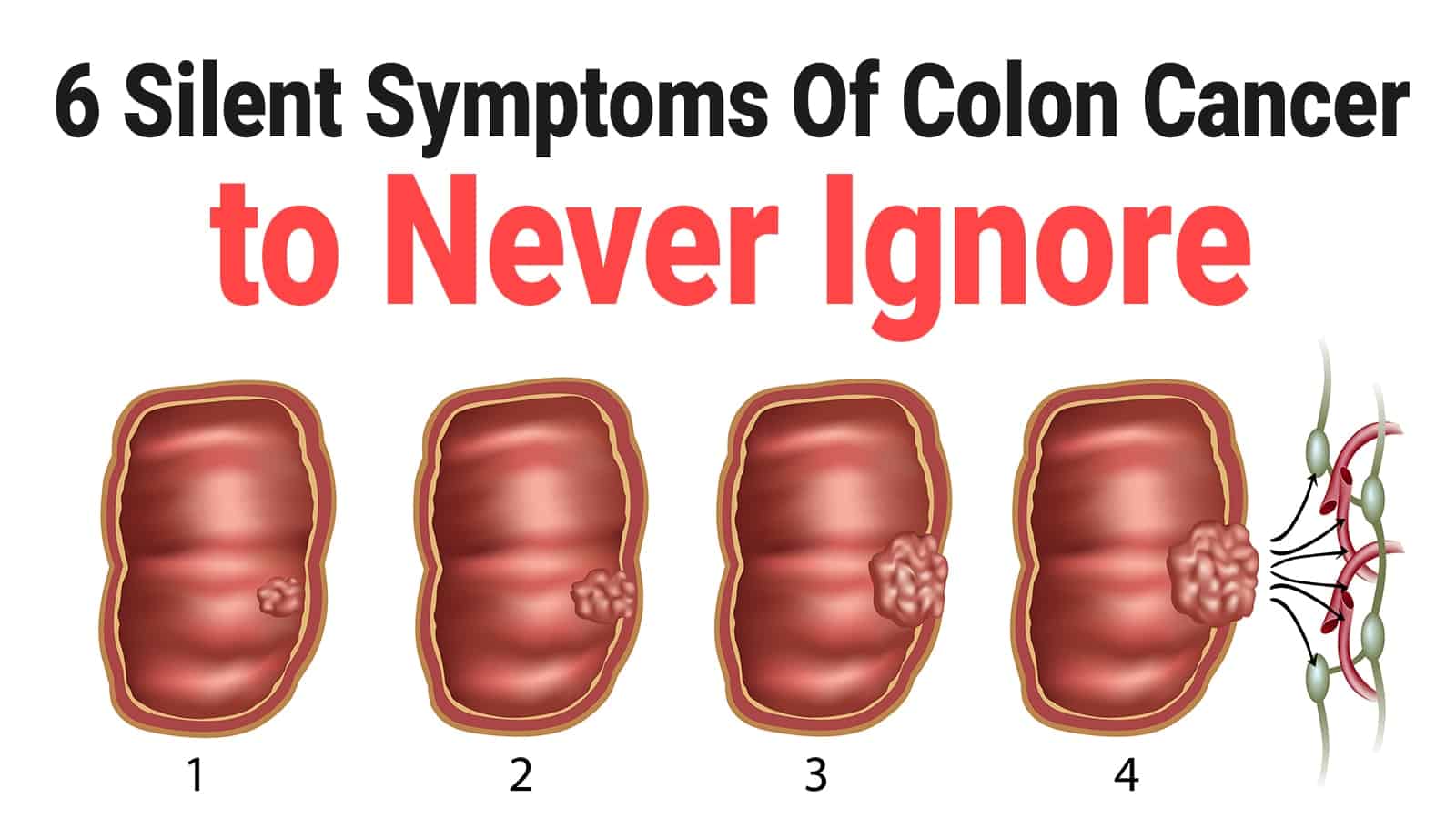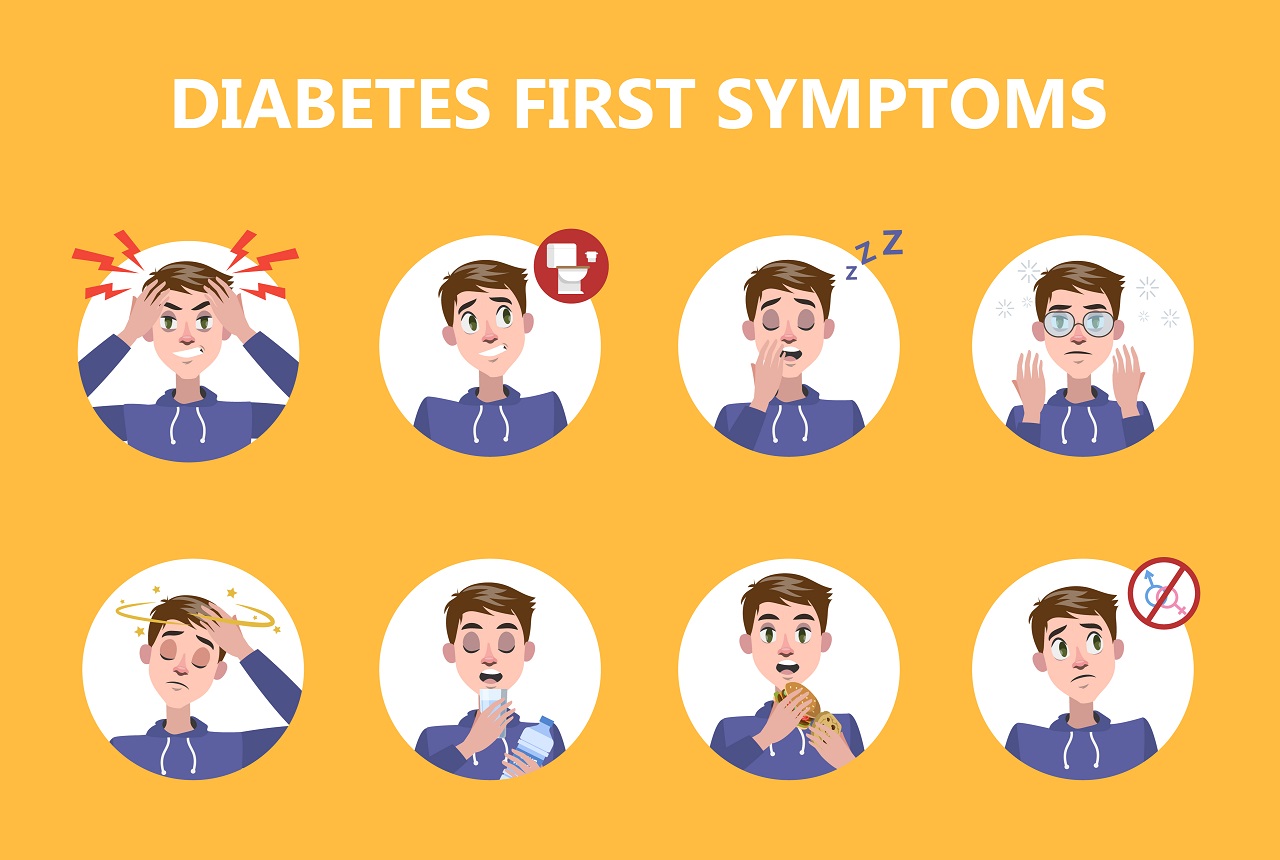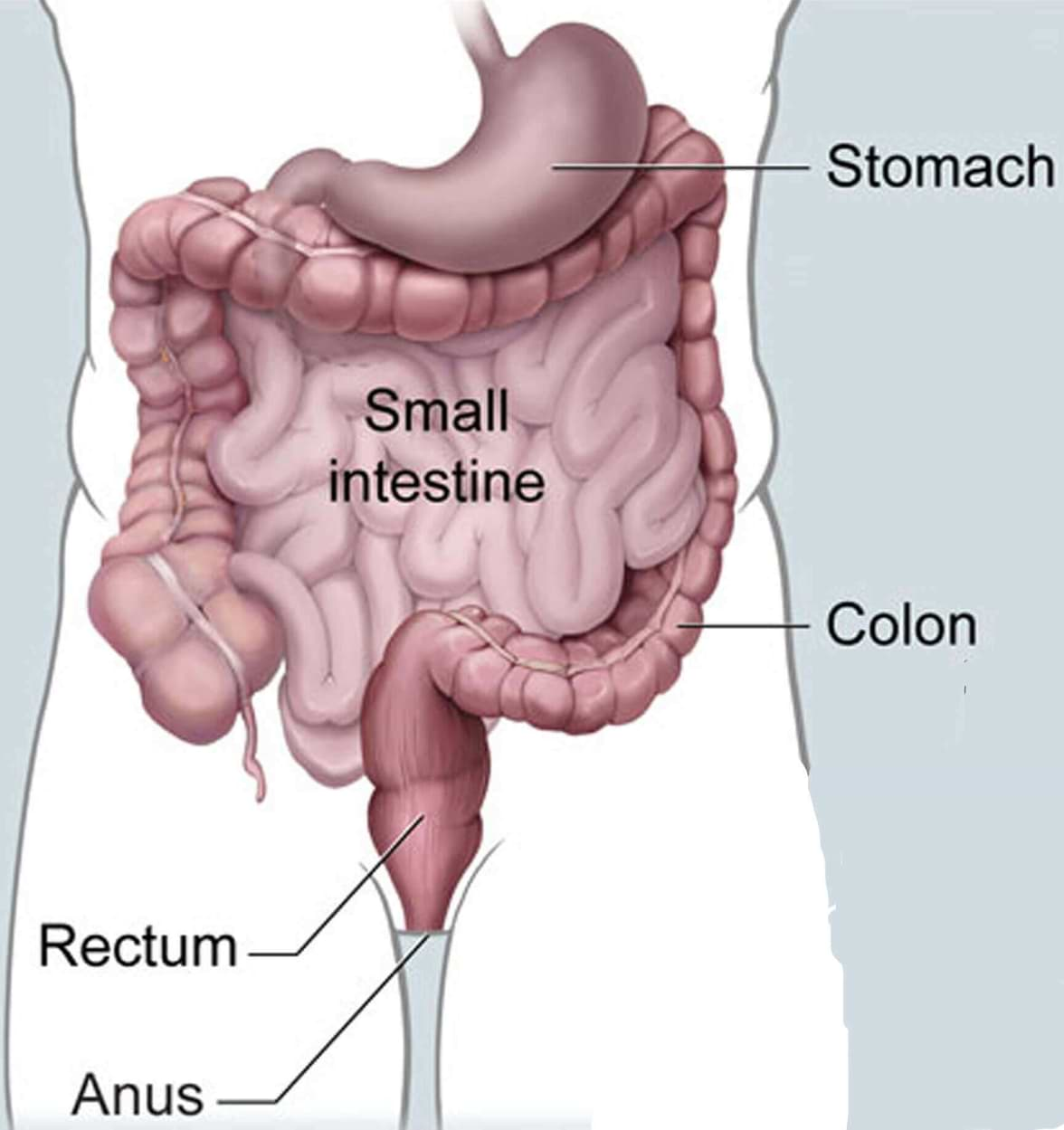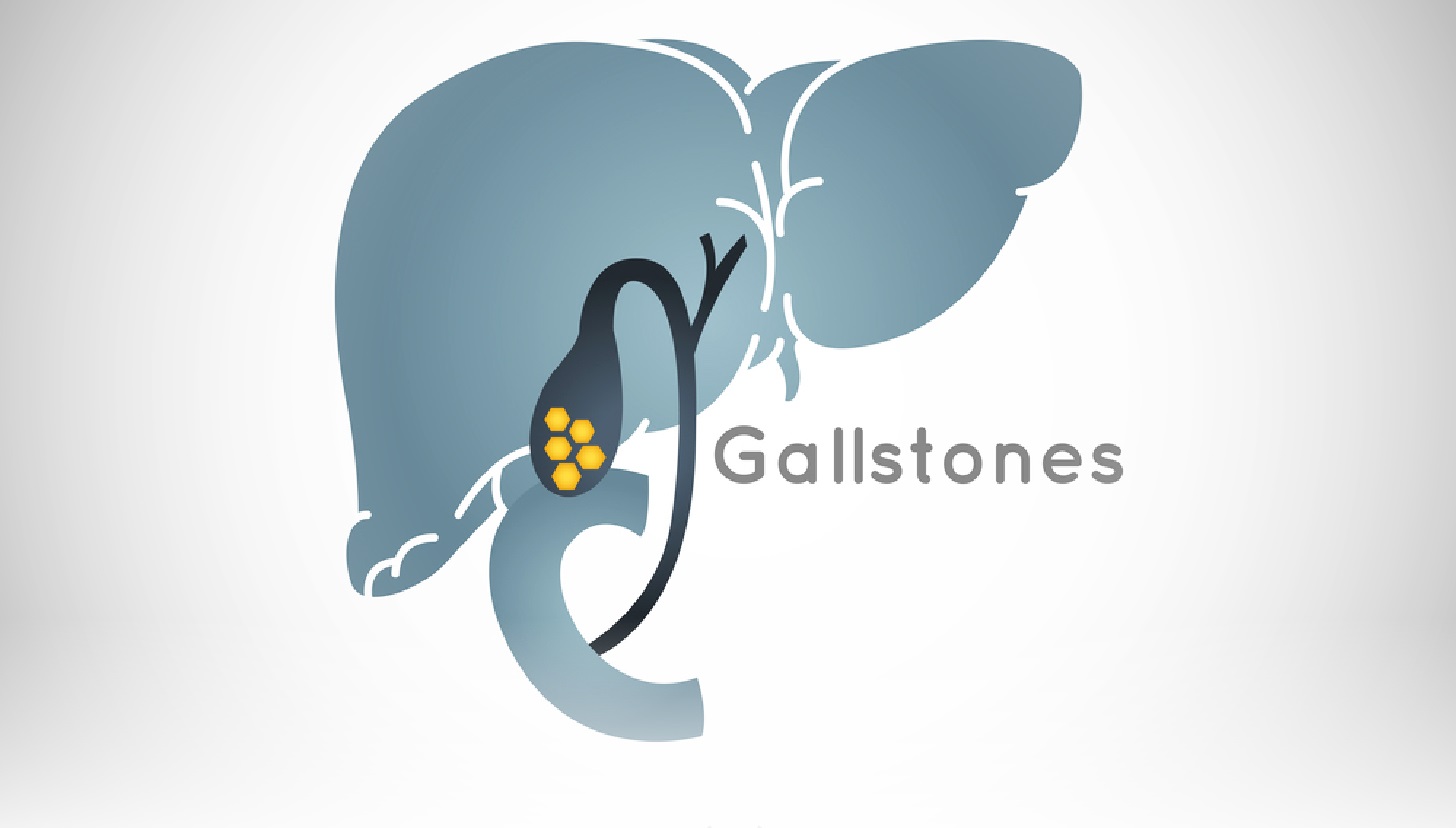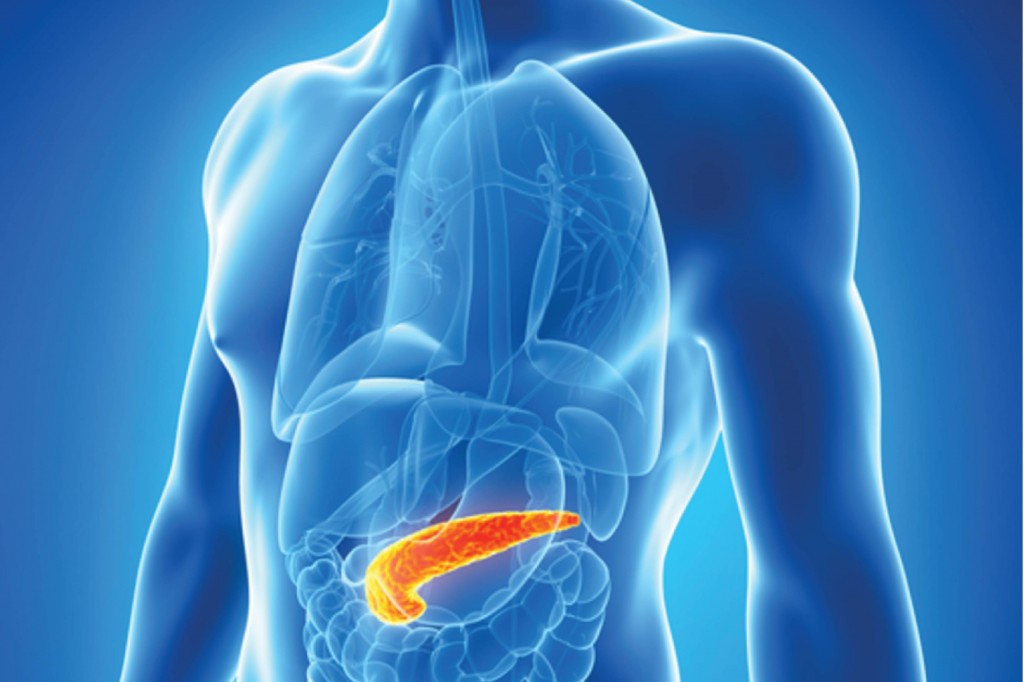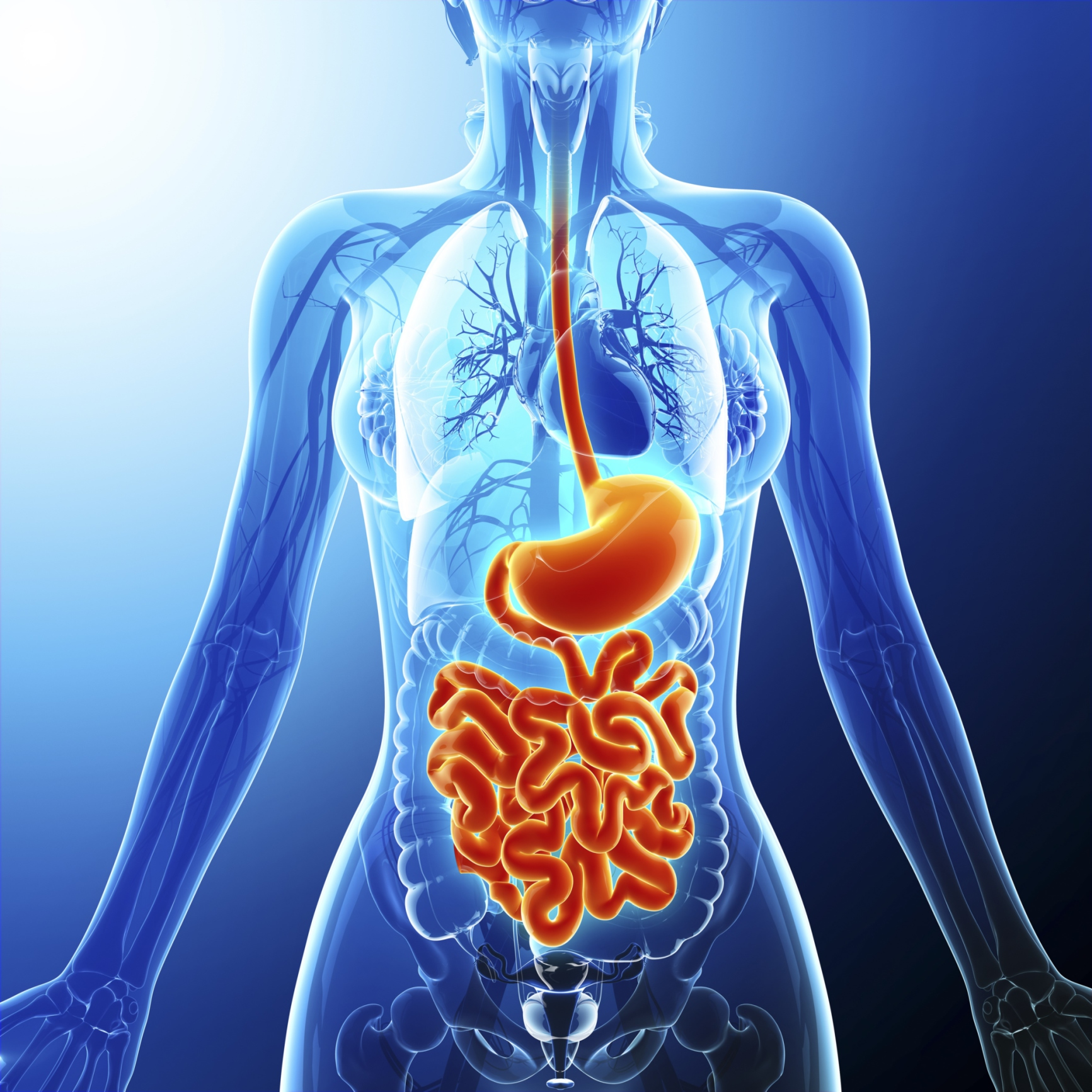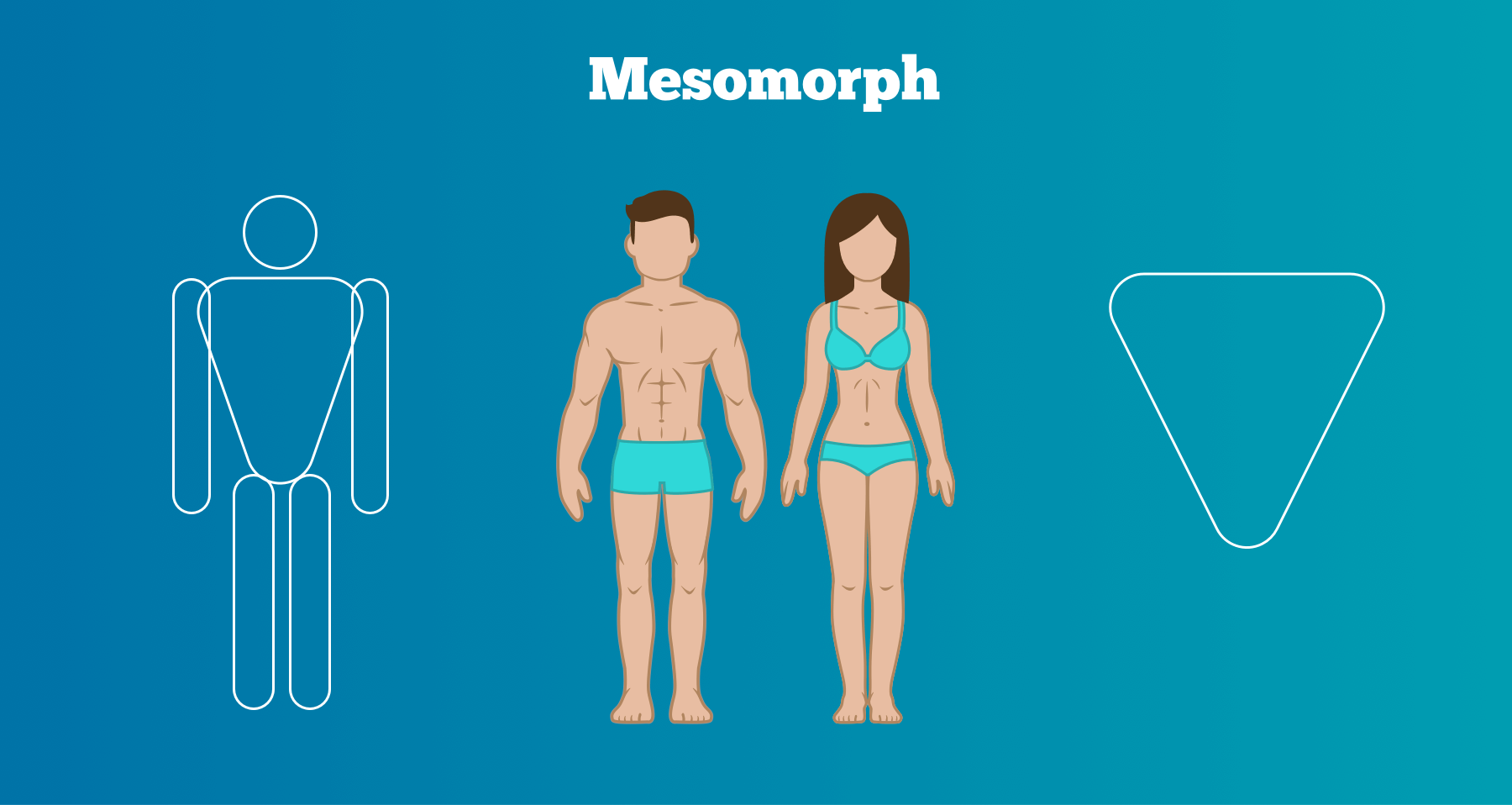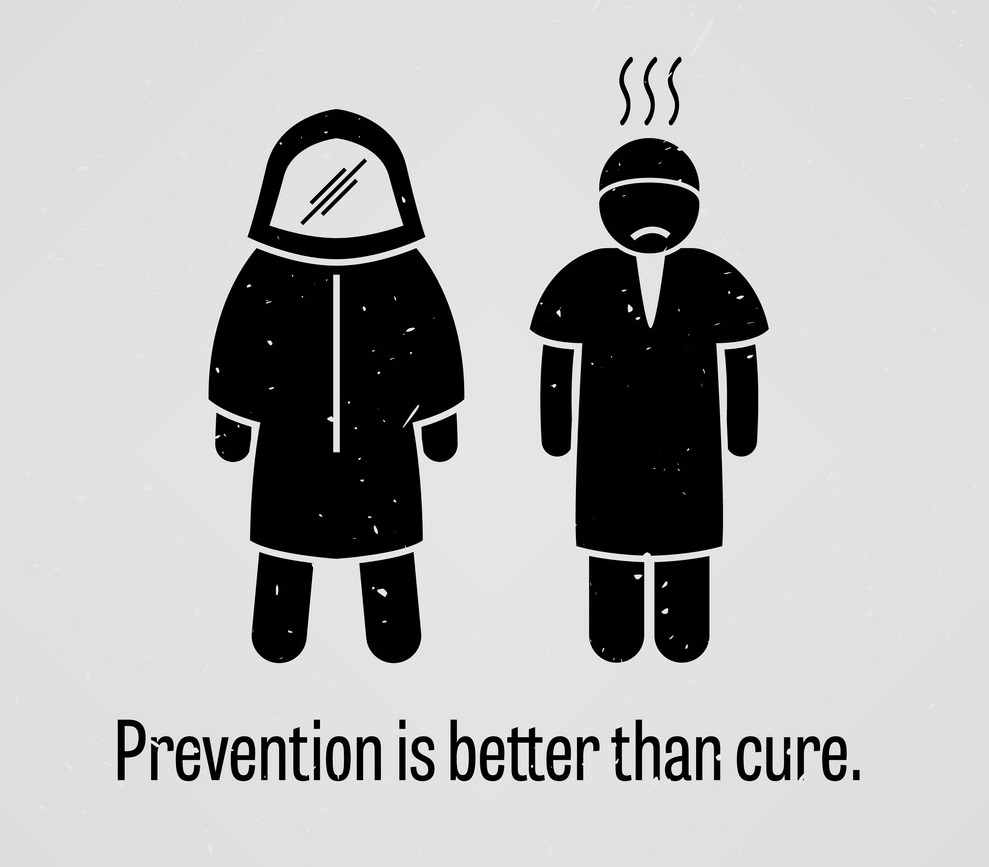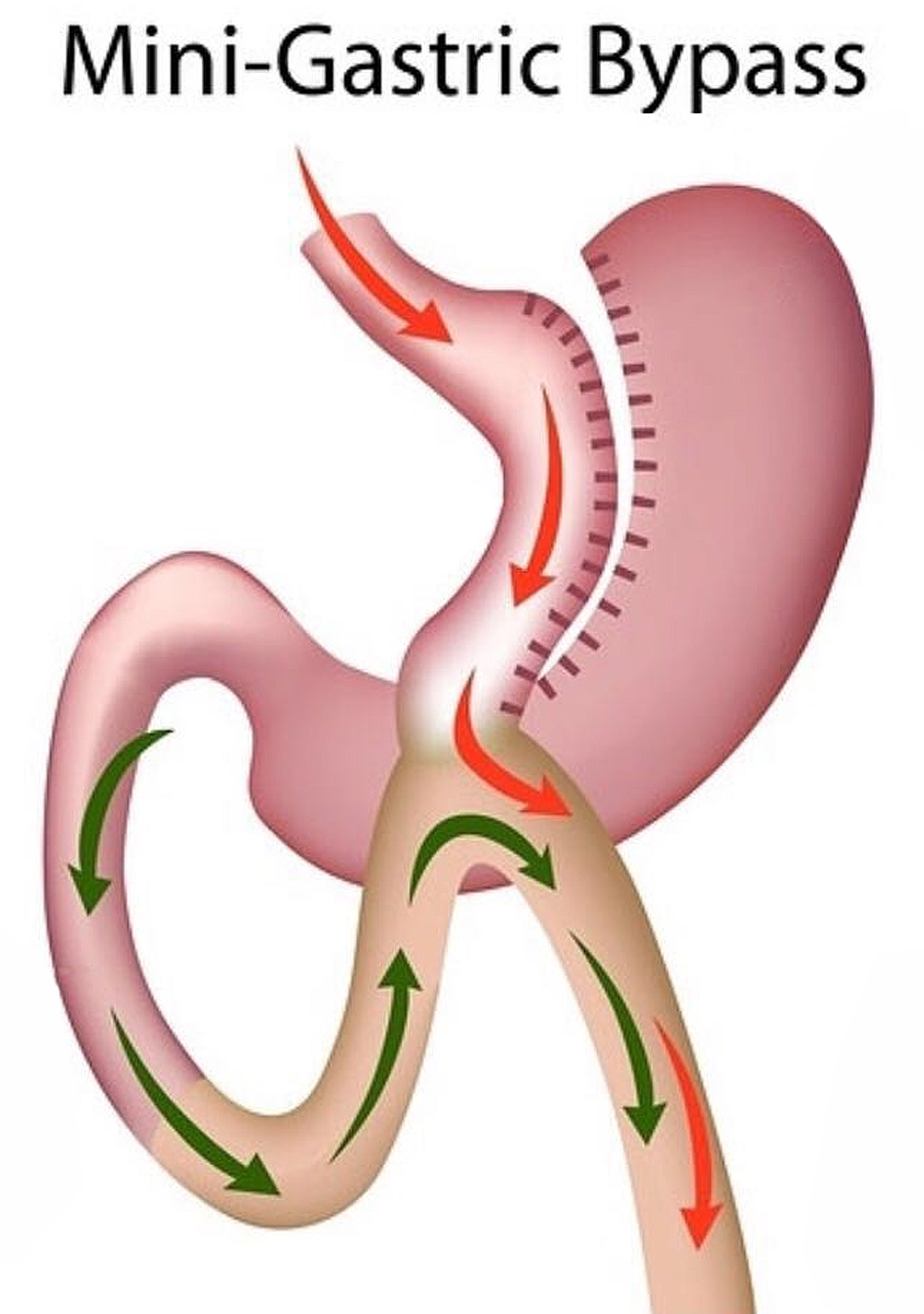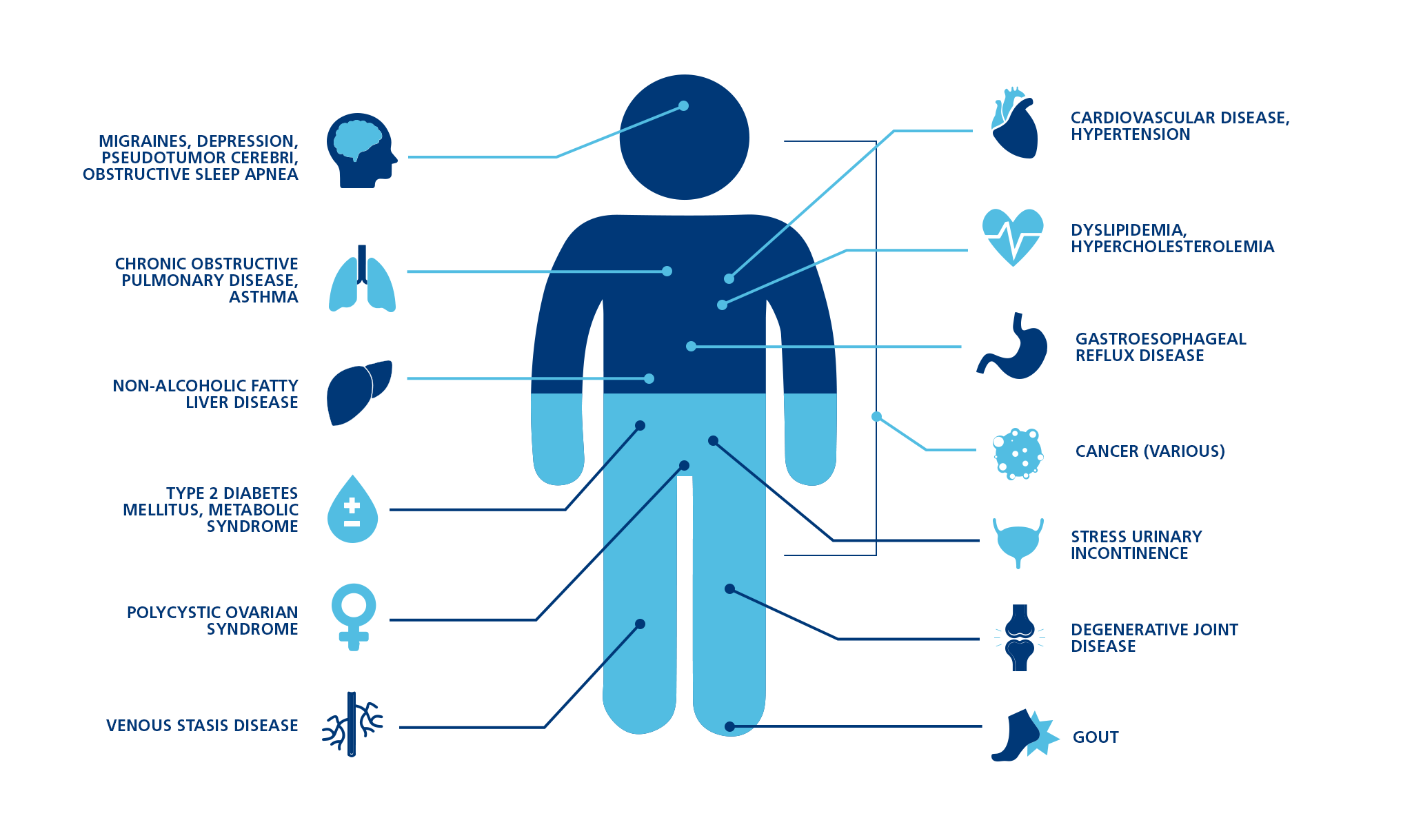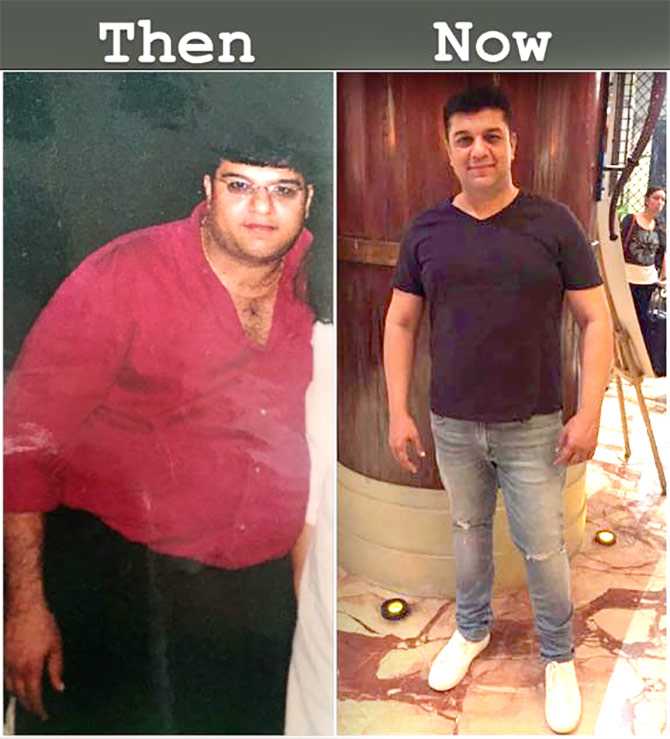Fasting, intermittent fasting, calorie restriction, cancer and fasting, cancer prevention, cancer treatment, fasting effects on cancer, fasting-mimicking-diets
Fact Check- Does Fasting/ Calorie Restriction Help in Prevention & Treatment of Cancers?
For the past few decades, many studies have been published showing that fasting or a fasting-mimicking diet(Intermittent fasting) can reduce risk factors for and reverse symptoms of serious health conditions including cancer.

Overview
People fast (abstain from food or drink) for a variety of reasons. Some fast to prepare for a medical procedure or blood test. Others for religious reasons. And the hottest diet trend these days is intermittent fasting, a weight-loss strategy that focuses more on when you eat rather than what you eat.
Also Read: Is intermittent fasting safe after weight loss surgery?
You may also have heard that fasting reduces cancer risk or improves your ability to fight it. Could fasting-related changes to your metabolism really make a difference, either by hurting cancer cells or enhancing the effectiveness of cancer-fighting drugs?
While the studies in this field are limited, there have been clinical evidences that show the positive impact of fasting or calorie restriction on prevention and treatment of cancer.
Fasting & Calorie Restriction
What are they?
Calorie restriction means limiting the consumption of food, without resulting in malnutrition, to less than what an organism would eat if given free access. Fasting on the other hand is voluntarily not eating any food for varying lengths of time. Fasting has been used as a therapy for many different conditions as well as a part of spiritual/religious practices throughout history.
- Calorie Restriction- 20-40% reduction in calorie intake over a long period of time (1200 calories for women vs 1400 calories for men per day)
- Intermittent Calorie Restriction- 50-70% reduction in calorie intake for short periods of time (600-1000 calories per day)
- Fasting- Complete avoidance of calorie intake for anywhere from 1 day to several weeks
- Intermittent Fasting- Complete avoidance of calorie intake for 16-18 hours daily or alternating a fasting day with a normal energy intake day
How do they work?
Your body is designed to protect you against starvation. To do this, it stores a reserve of the nutrients needed to survive when you eat.
When you’re not eating normally, this puts the cells under mild stress, and your body begins to release those stores to fuel itself. Experts suggest that as long as your body has time to heal itself after this period of stress, you won’t experience negative effects.(Source)
One of the most immediate results of this type of diet is weight loss, since your body is using more calories than it’s taking in.
It’s important to be careful about fasting/ calorie restriction for an extended period of time that your body cannot handle. Complete or continuous fasting will trigger “starvation mode,” in which your body starts slowing down to prolong your life. This typically begins after three days of continuous fasting. During this fasting period of more than three days, your body will hold on to fuel stores as much as possible, and you won’t notice weight loss.
The science behind fasting and cancer- what Research says
Weight loss is just one benefit of fasting for a normal healthy (disease-free) adult. Recent animal studies and a few preliminary human trials have shown a decrease in risk for cancer or a decrease in cancer growth rates. These studies indicate this may be due to the following effects from fasting:
- Decreased blood glucose production
- Stem cells triggered to regenerate the immune system
- Balanced nutritional intake
- Increased production of tumor-killing cells
In one study of time-restricted feeding during 9–12 hour phases, fasting was shown to reverse the progression of obesity and type 2 diabetes in mice. Obesity is a major risk factor for cancer, which may support fasting to treat cancer.
A second study of mice showed that a bimonthly fasting-mimicking diet reduced the incidence of cancer. Results were similar in a pilot trial by the same scientists with 19 humans; it showed decreased biomarkers and risk factors for cancer.
In a 2016 study, research showed that a combination of fasting and chemotherapy slowed the progression of breast cancer and skin cancer. The combined treatment methods caused the body to produce higher levels of common lymphoid progenitor cells (CLPs) and tumor-infiltrating lymphocytes. CLPs are the precursor cells to lymphocytes, which are white blood cells that migrate into a tumor and are known for killing tumors.
The same study noted short-term starvation makes cancer cells sensitive to chemotherapy while protecting normal cells, and it also promoted the production of stem cells.
Also Read: New hope for cure of type 1 diabetes by stem cell therapy
Another study suggested that a combination of fasting or fasting-mimicking-diet with chemotherapy, immunotherapy or other treatments show a potentially promising strategy to increase cancer treatment efficacy, prevent resistance acquisition and reduce side effects.
What to keep in mind while fasting as a method of prevention/ treatment of cancer?
Cancer patients who plan to fast should first consult their oncologist or care team. Fasting may not be appropriate for malnourished individuals or those with cancer cachexia, which results in a continuing loss of skeletal muscle mass, or for people with chronic diseases. Those with diabetes need to be very careful, because of the risk of hypoglycemia(low blood sugar, the body's main source of energy).
Fasting also is not recommended for people with a history of eating disorders, including anorexia nervosa and bulimia, or for those with wounds that need adequate nutrition to heal.
For any health related query, consult with our experts-
Reference
- https://www.ncbi.nlm.nih.gov/pmc/articles/PMC6938162/#!po=35.5670
- https://www.ncbi.nlm.nih.gov/pmc/articles/PMC3680567/
- http://www.cell.com/cell-metabolism/fulltext/S1550-4131(14)00498-7
- http://www.cell.com/cell-metabolism/fulltext/S1550-4131(15)00224-7
- http://www.cell.com/cancer-cell/fulltext/S1535-6108(16)30265-3
- https://www.ncbi.nlm.nih.gov/pmc/articles/PMC6938162/#!po=35.5670
- https://acsjournals.onlinelibrary.wiley.com/doi/10.3322/caac.21694
- https://osher.ucsf.edu/patient-care/integrative-medicine-resources/cancer-and-nutrition/faq/cancer-and-fasting-calorie-restriction

